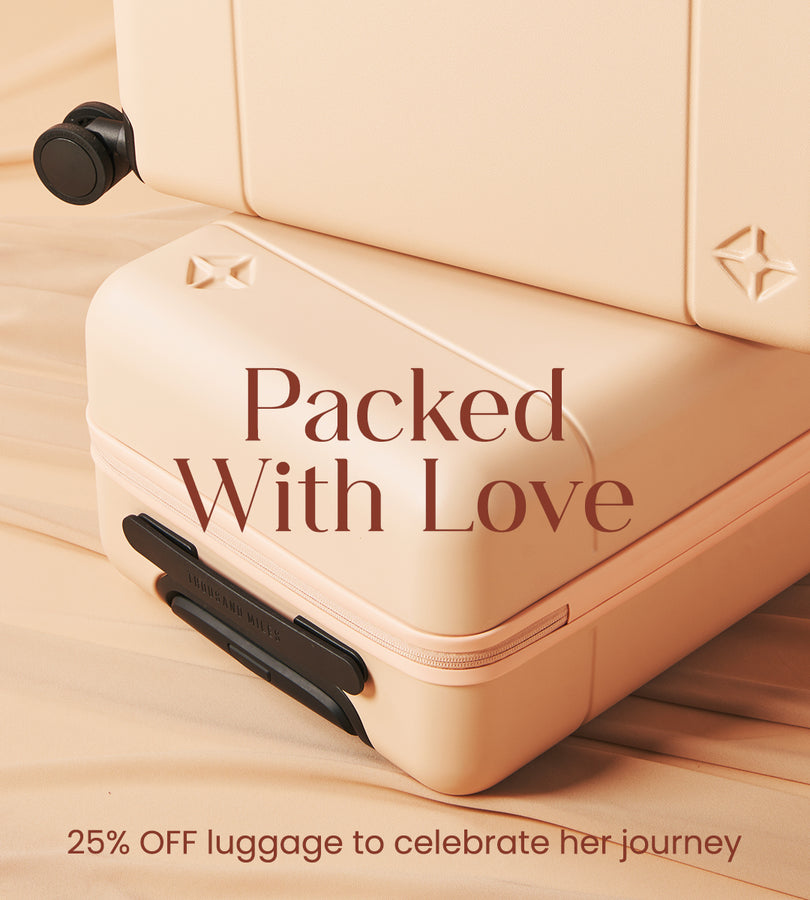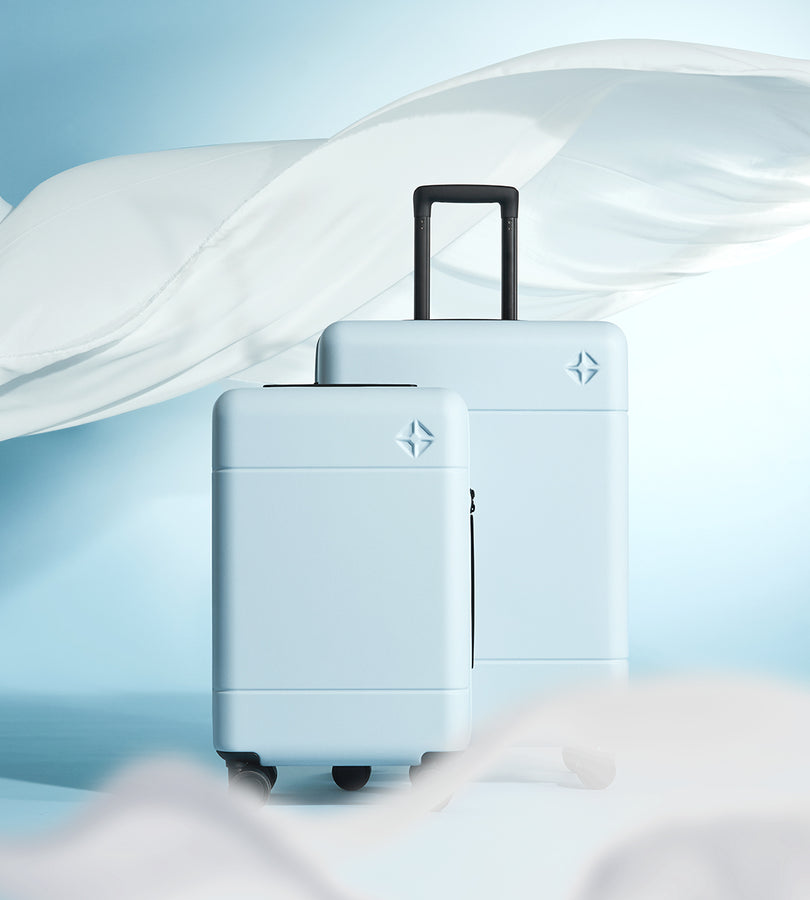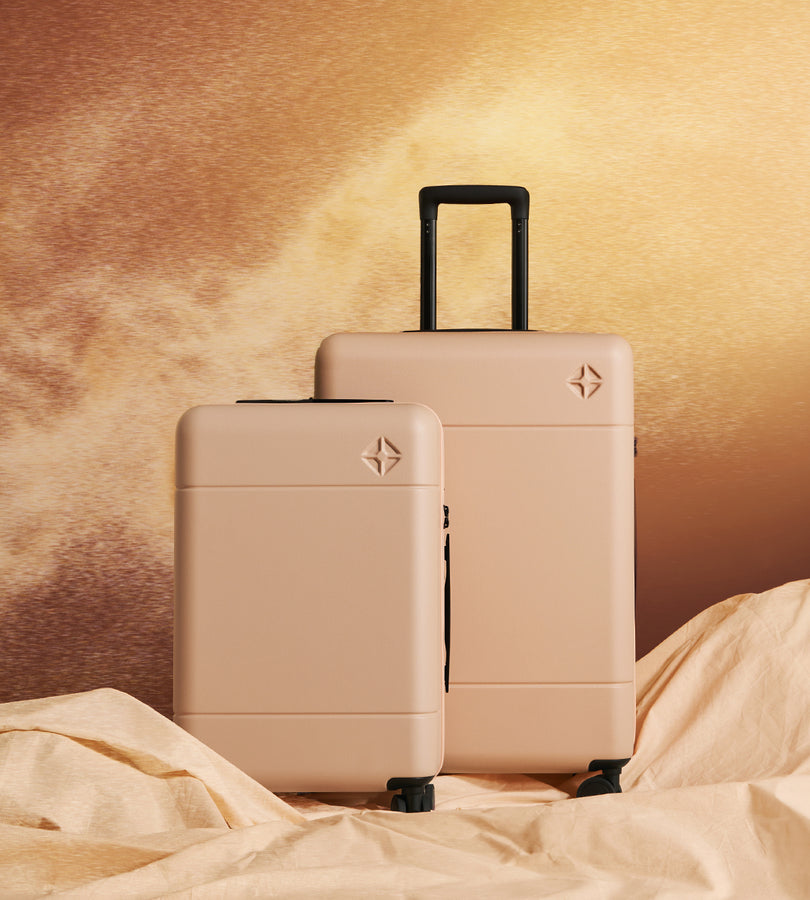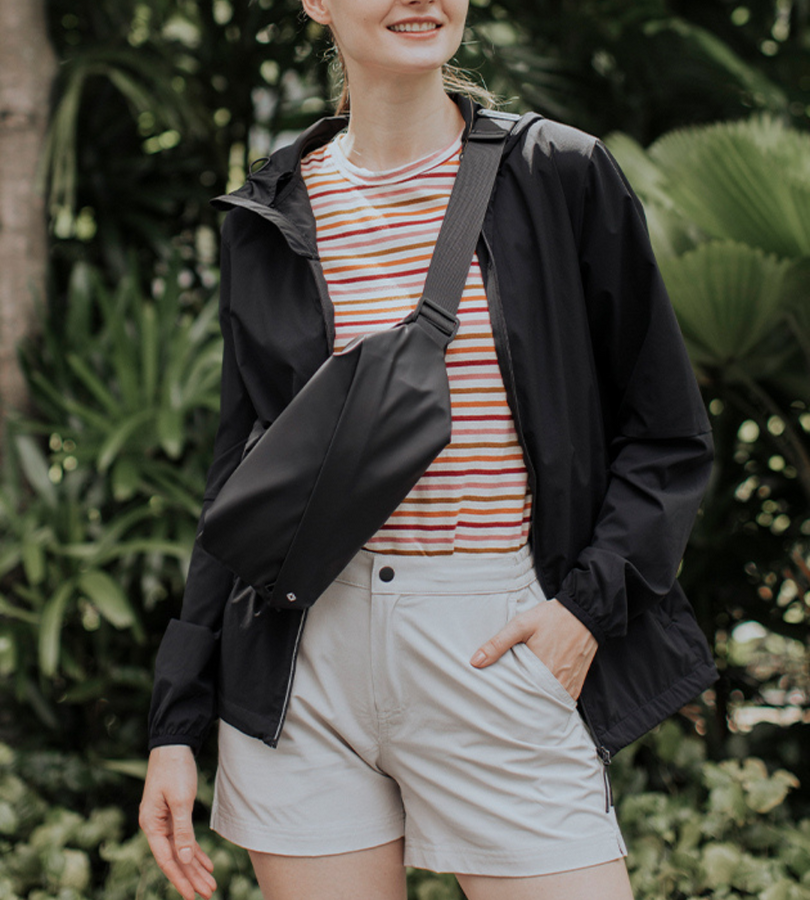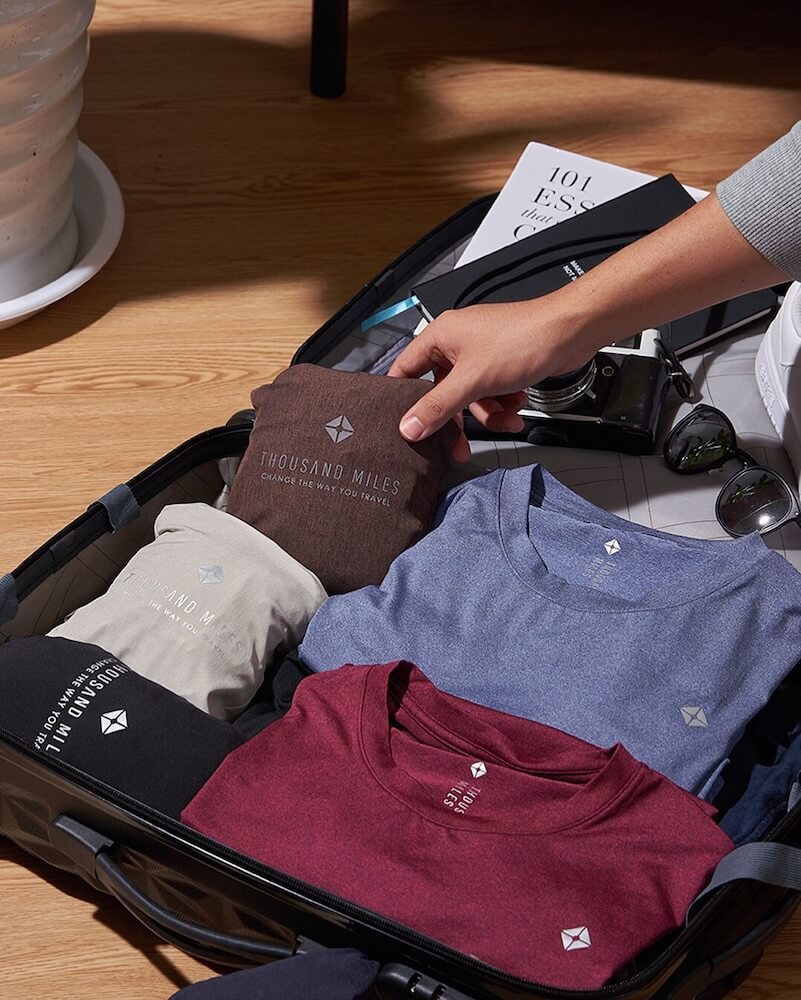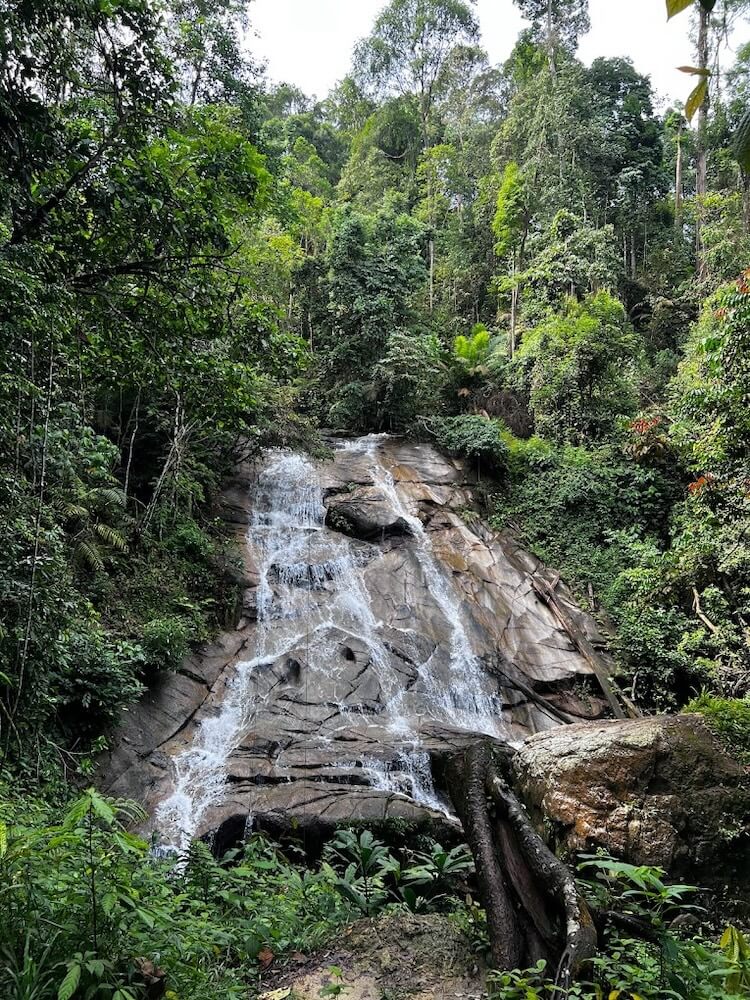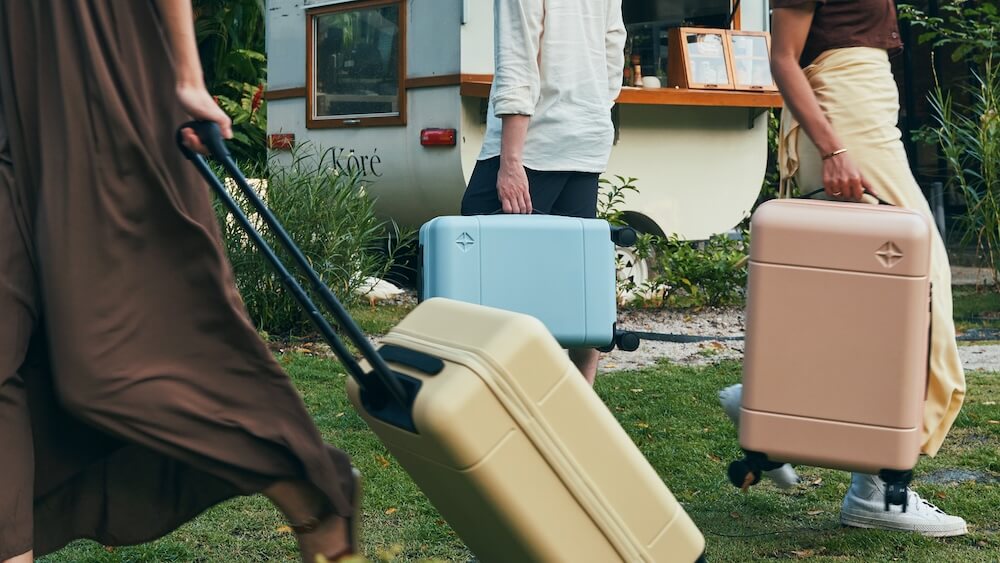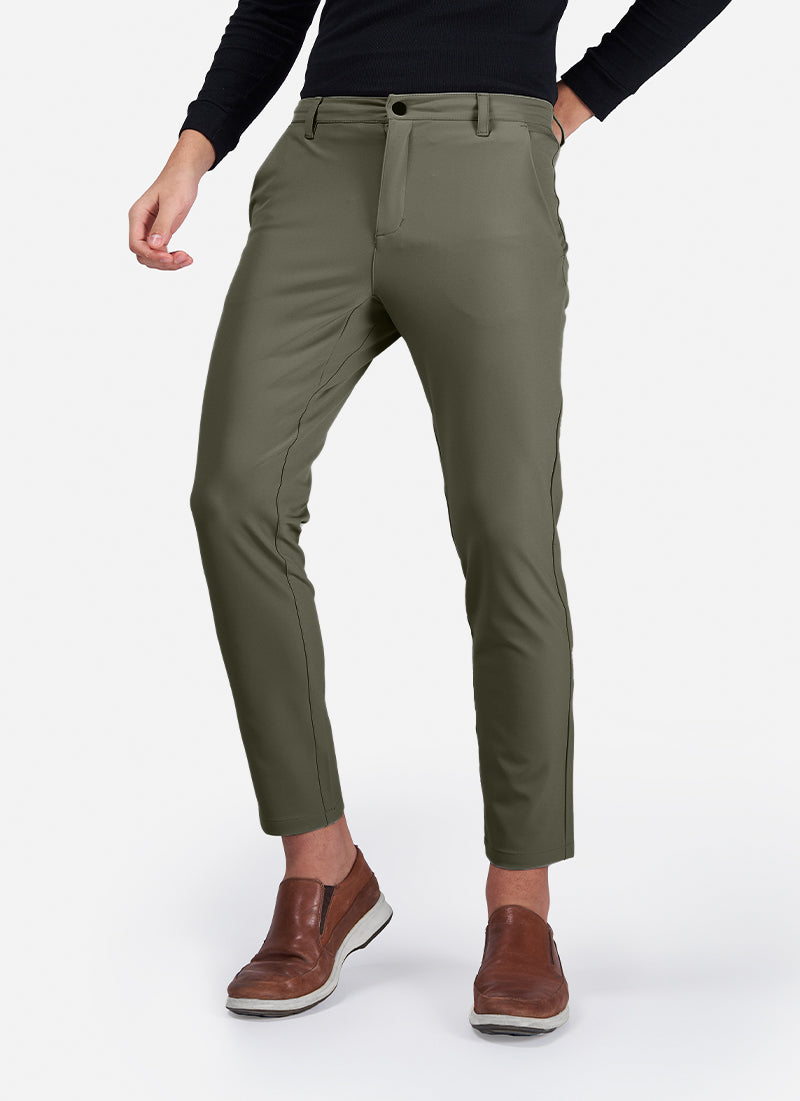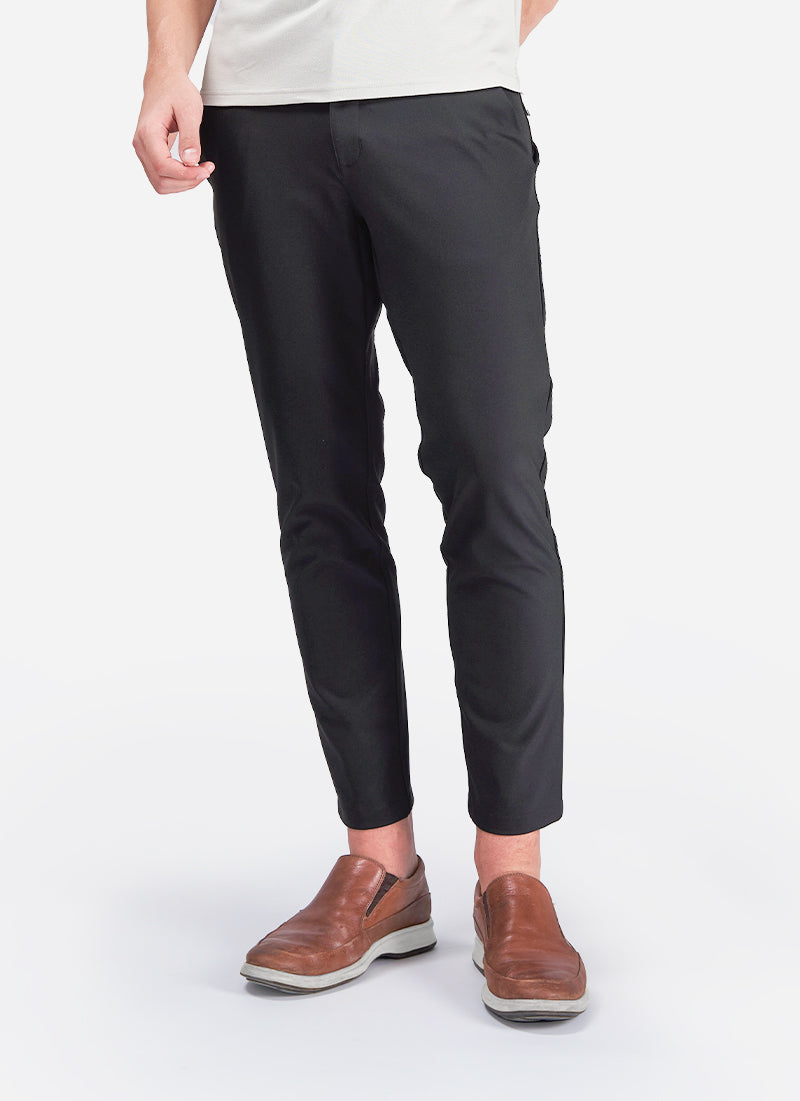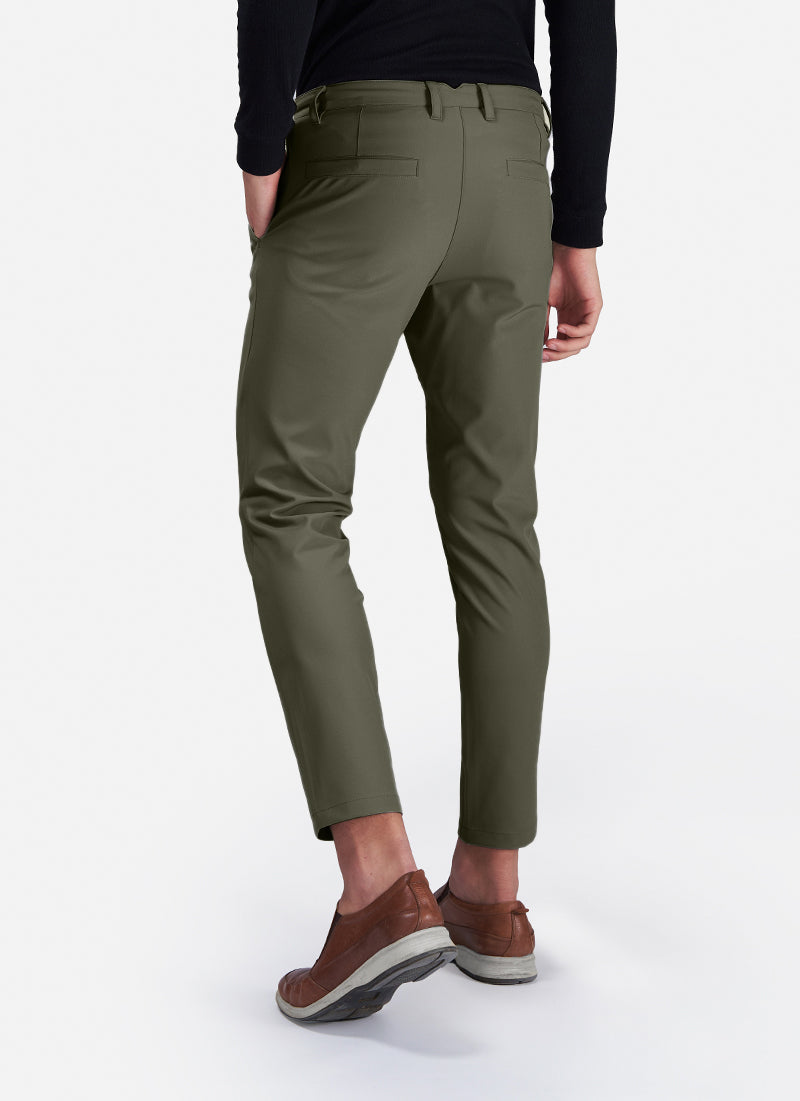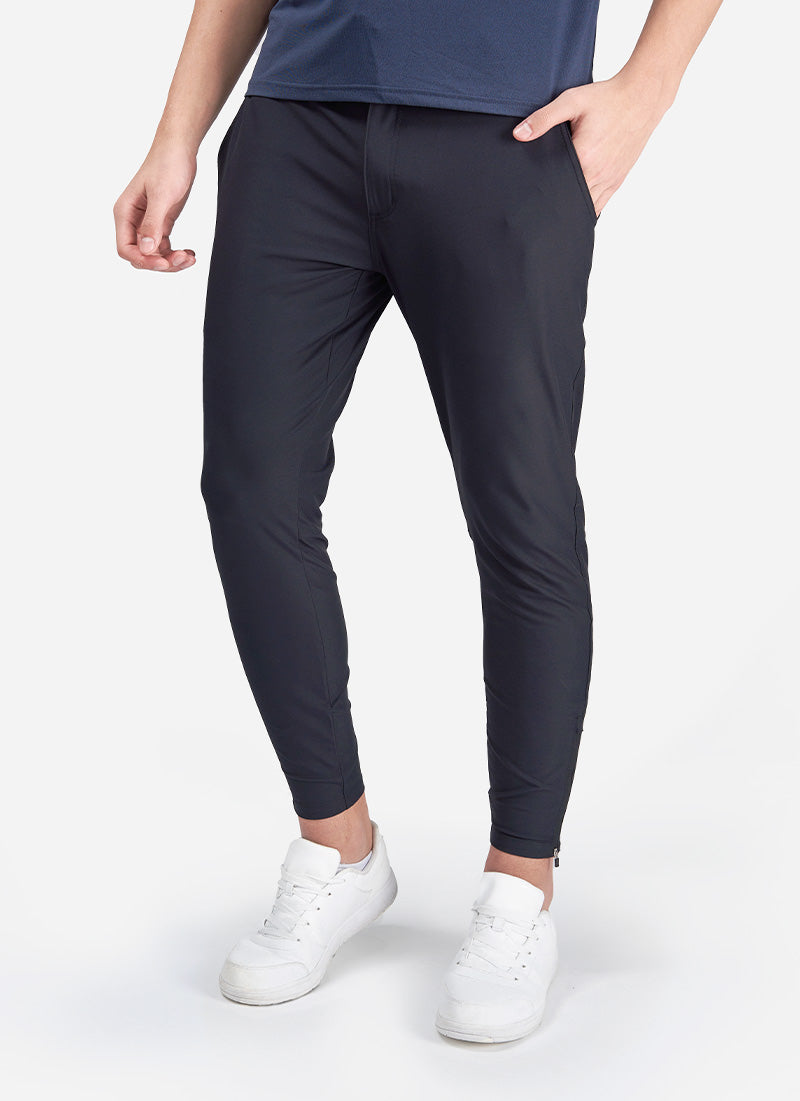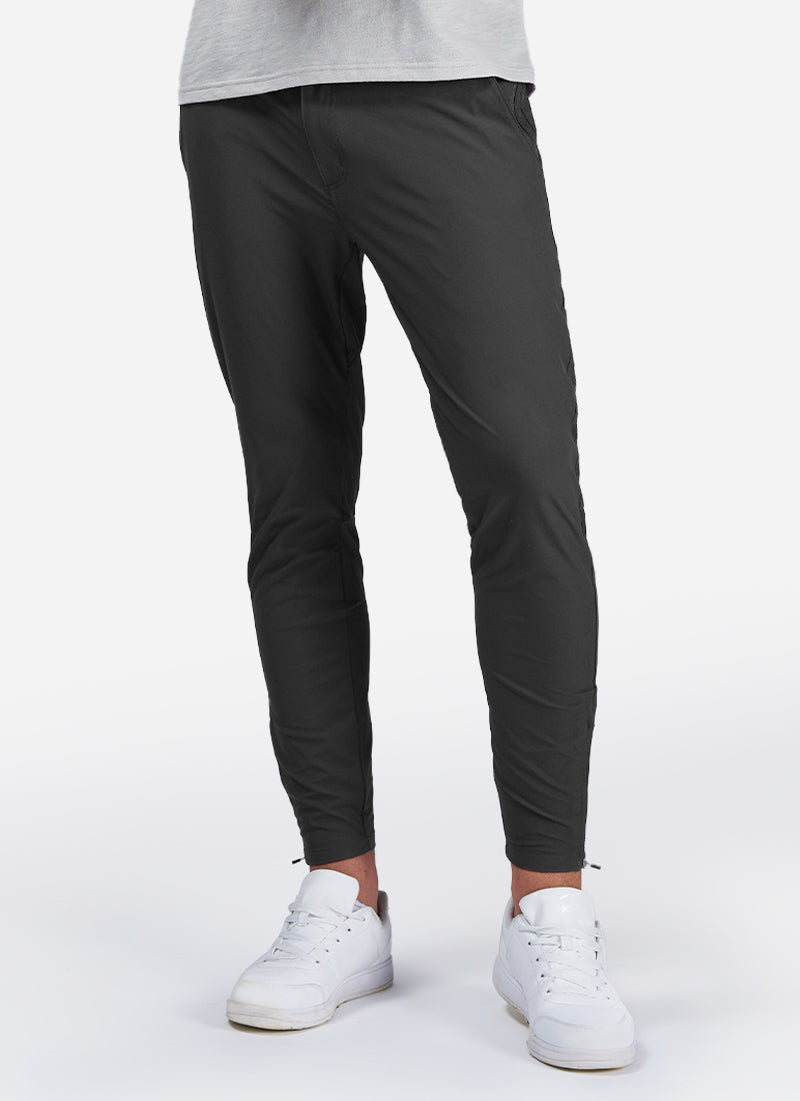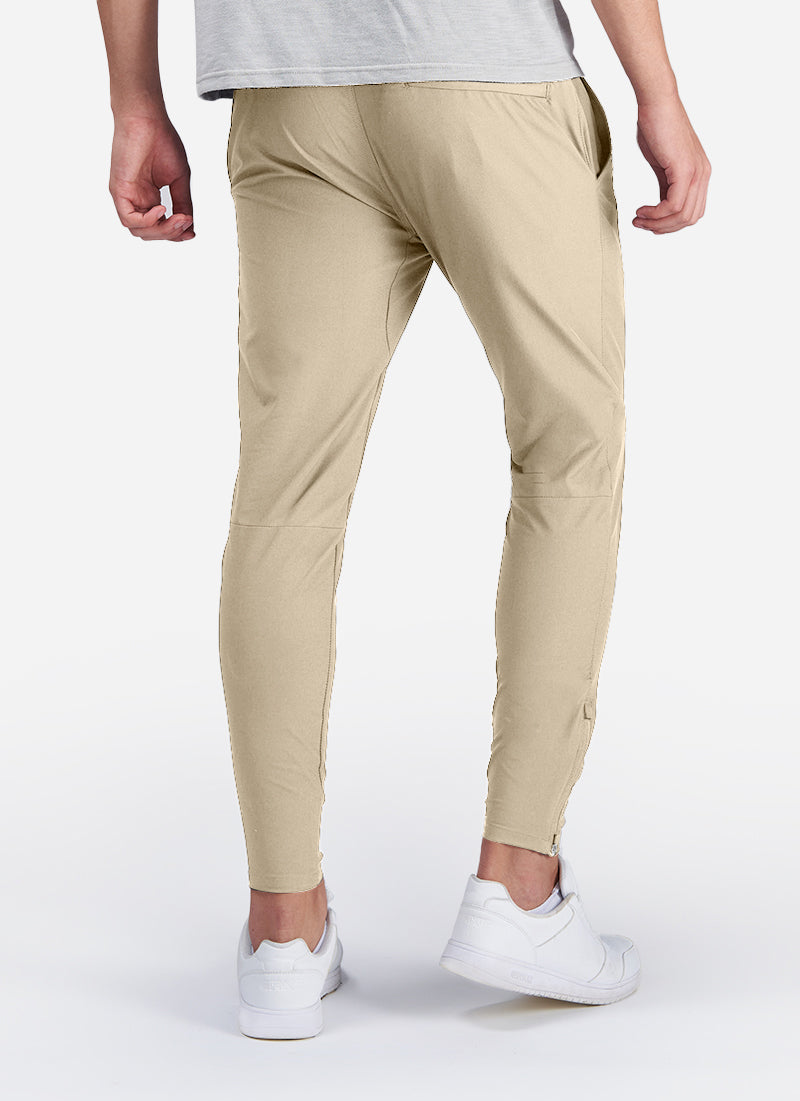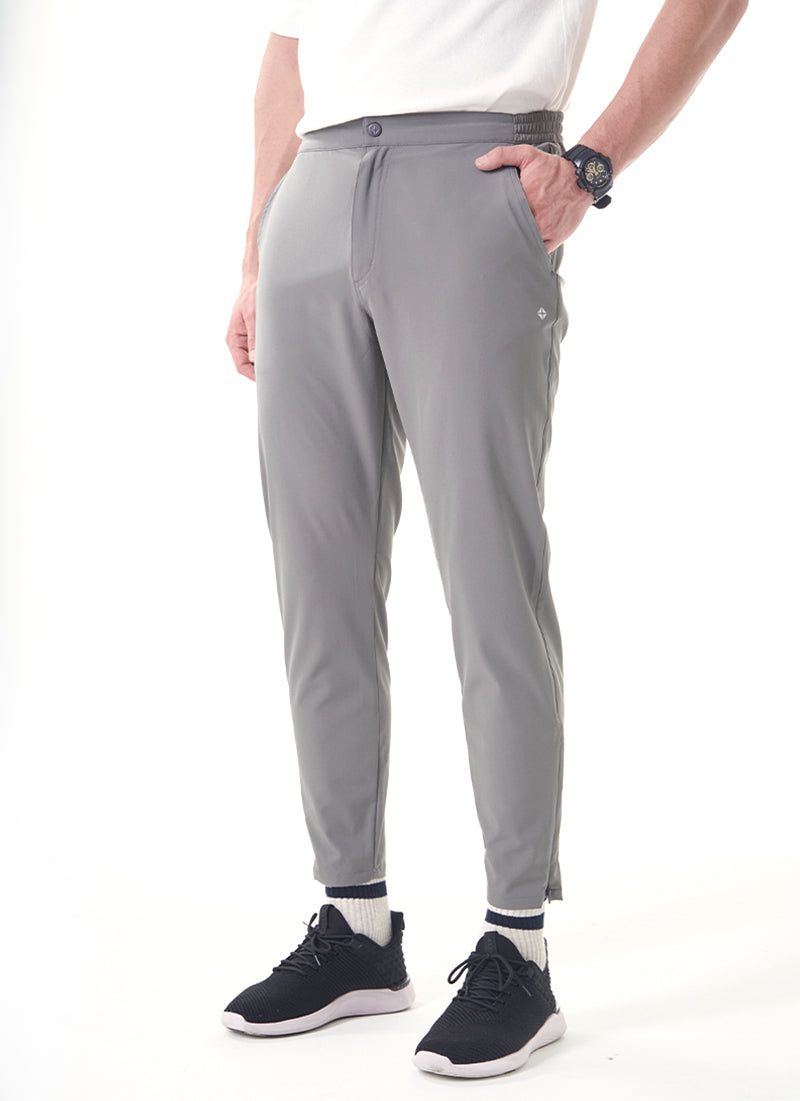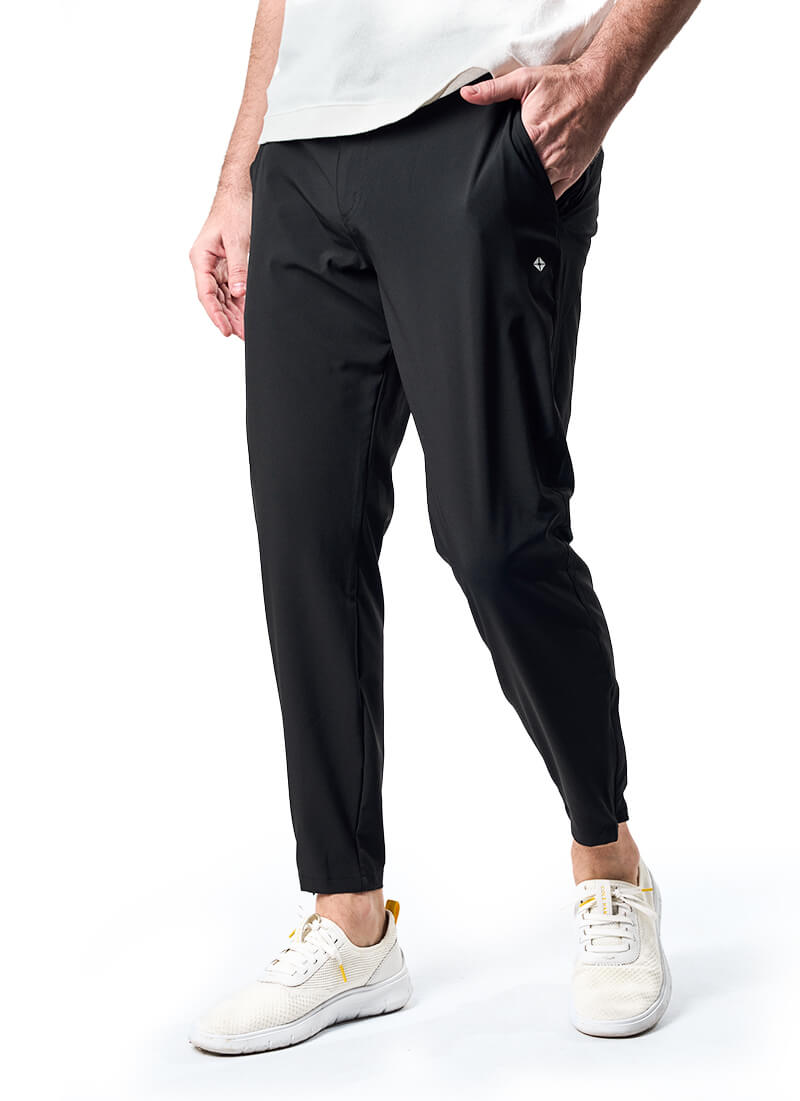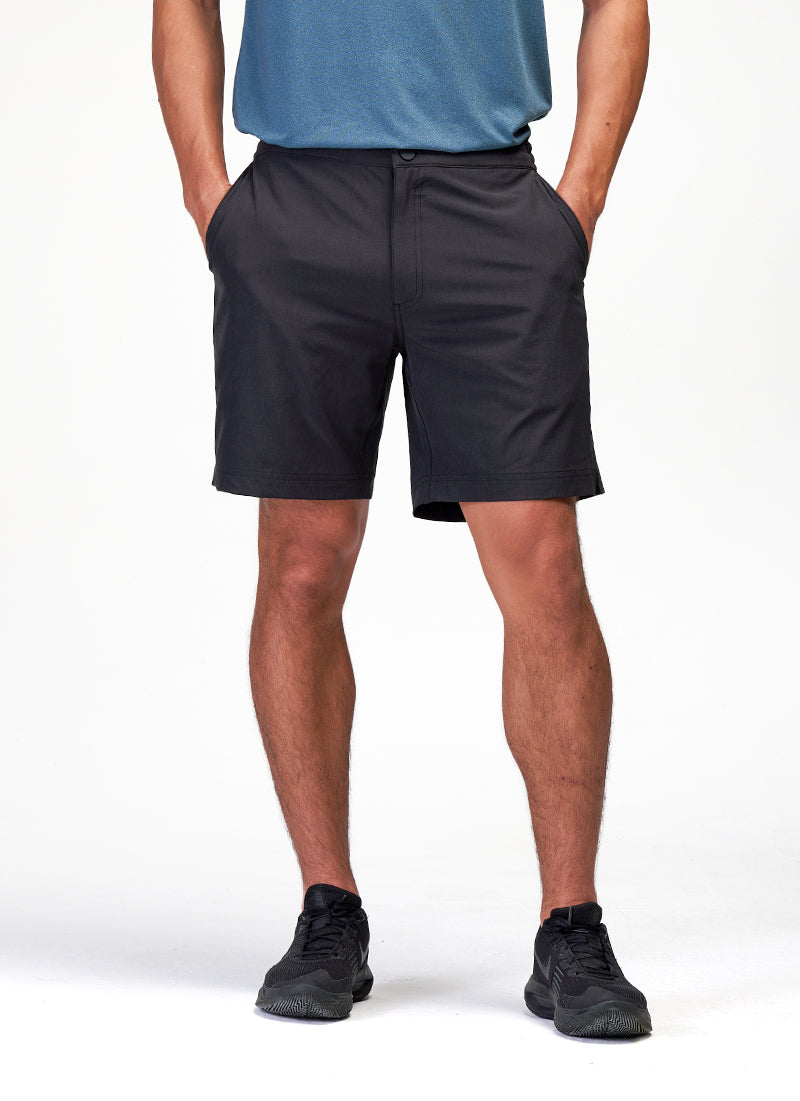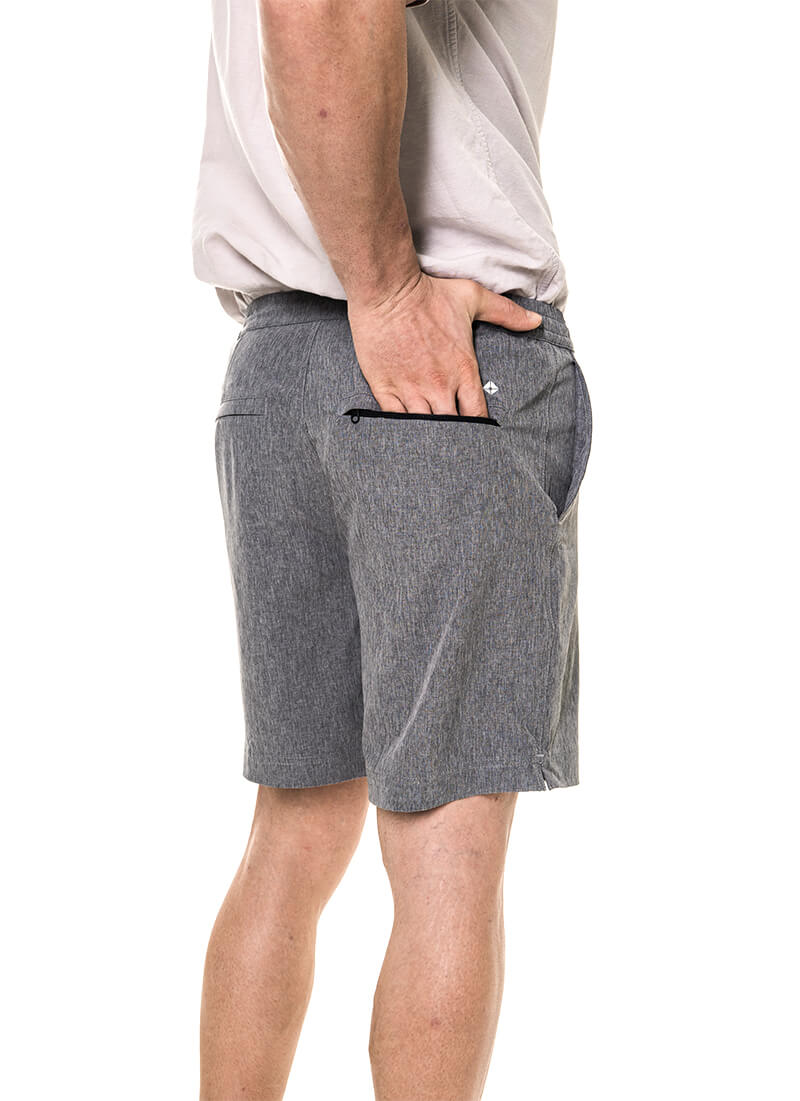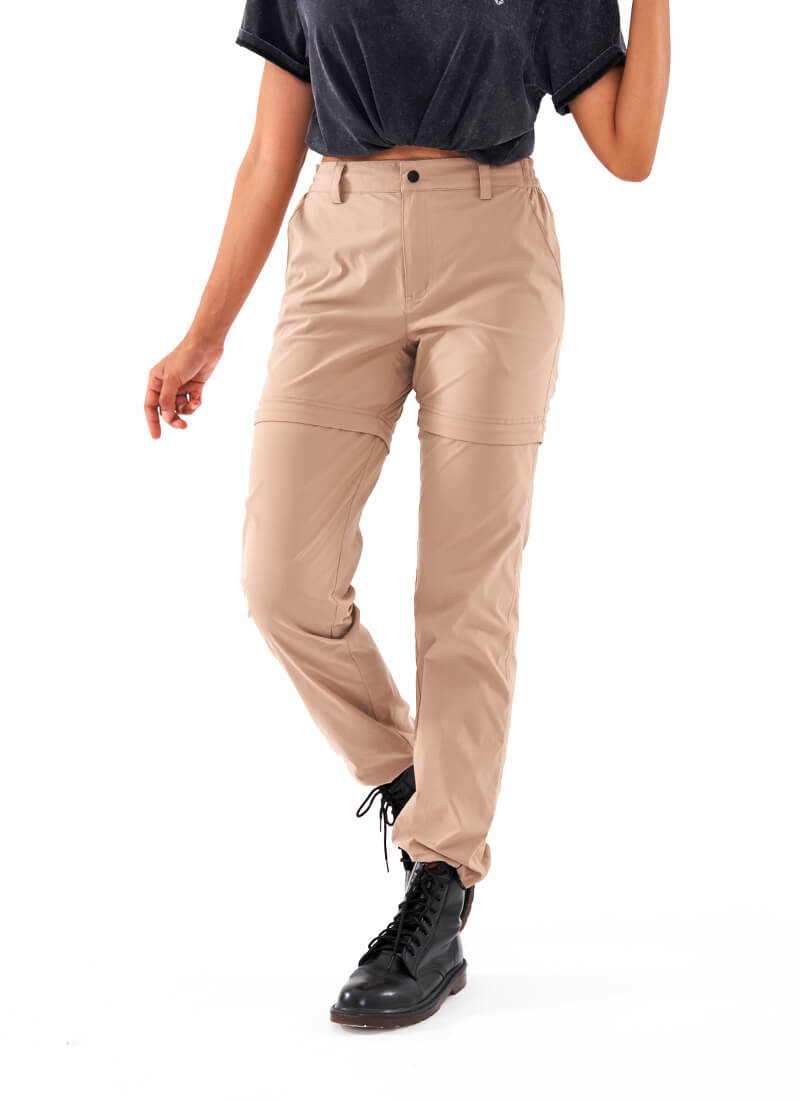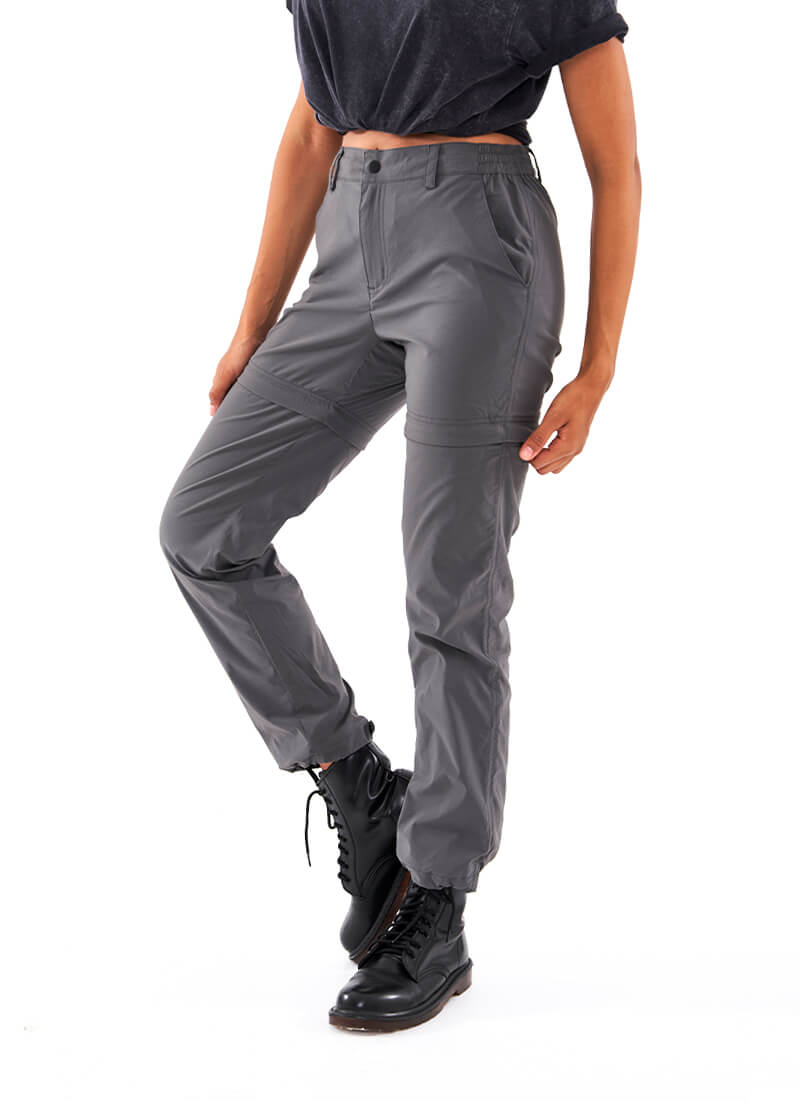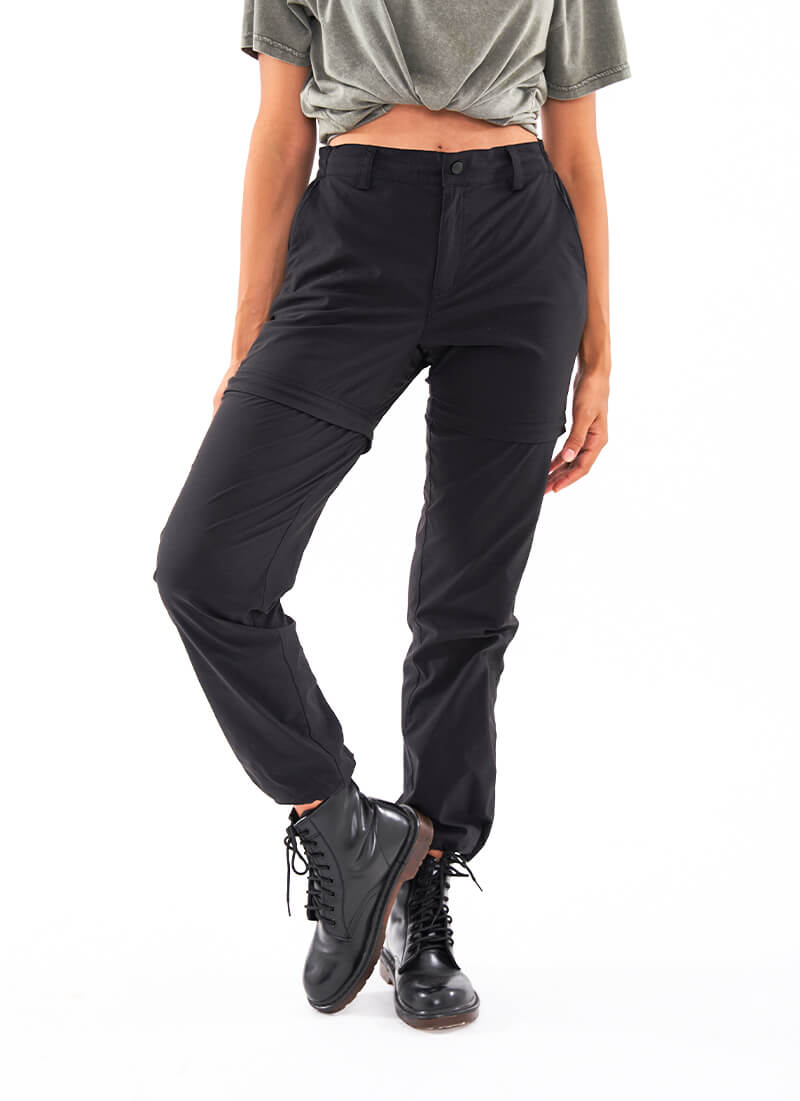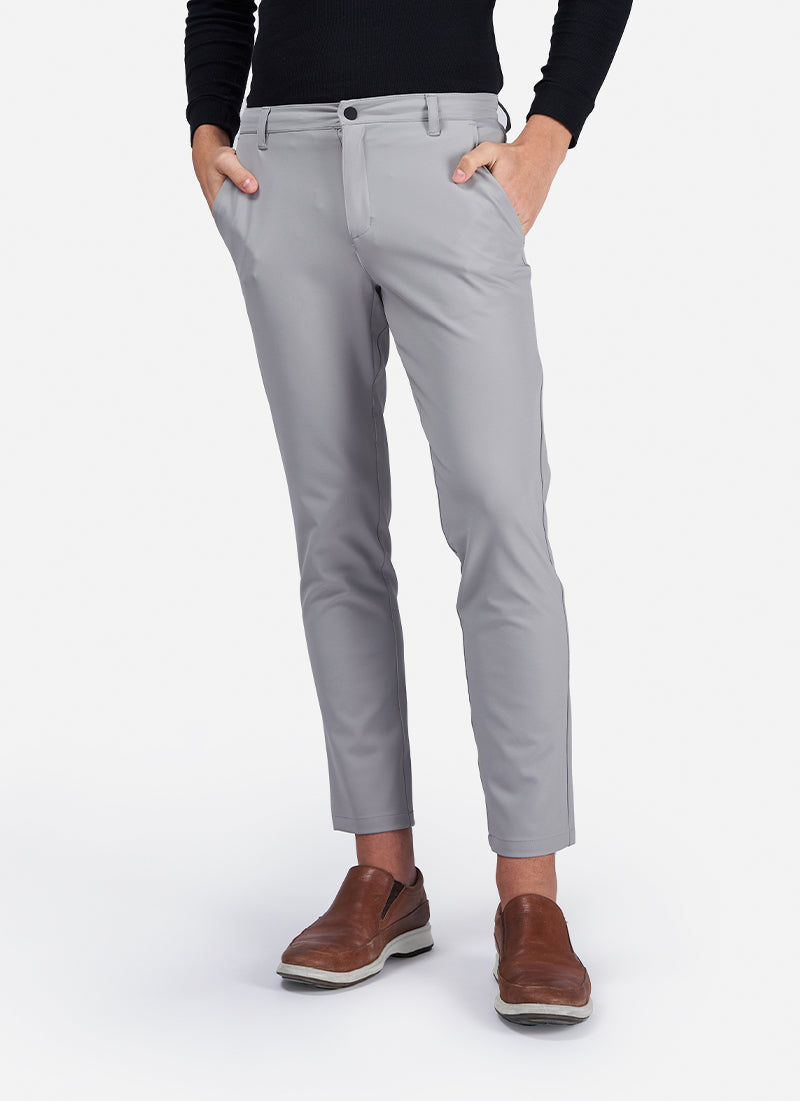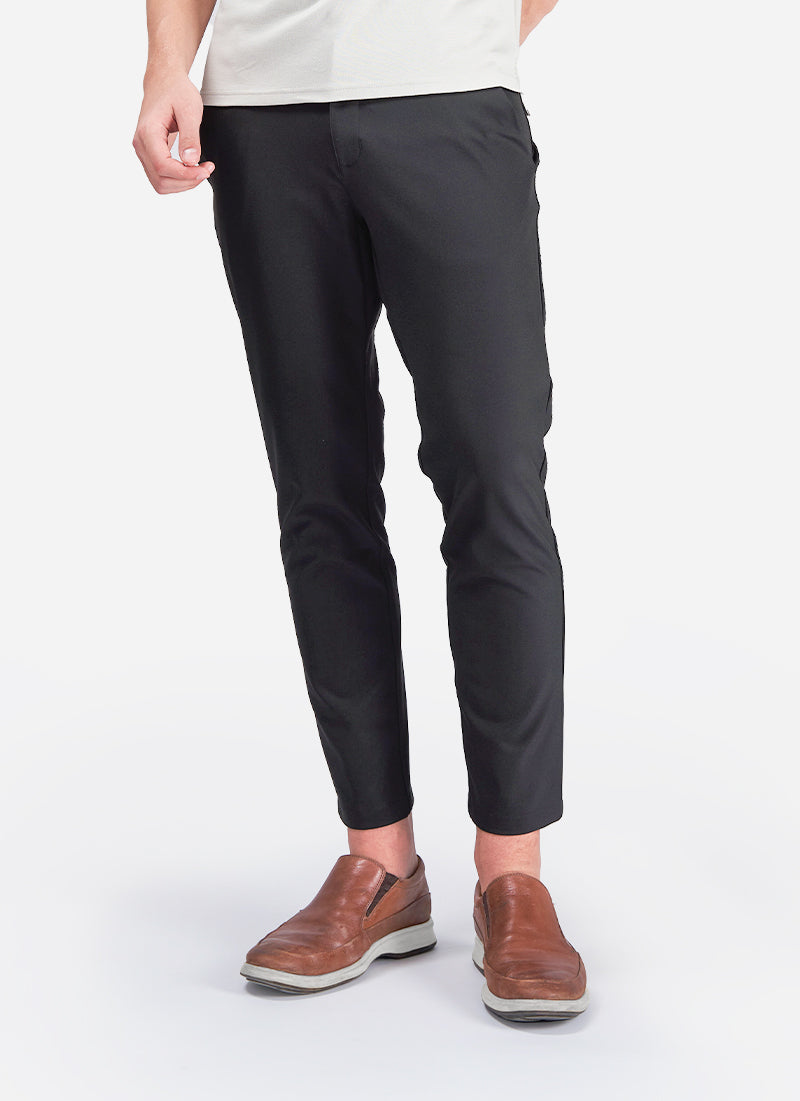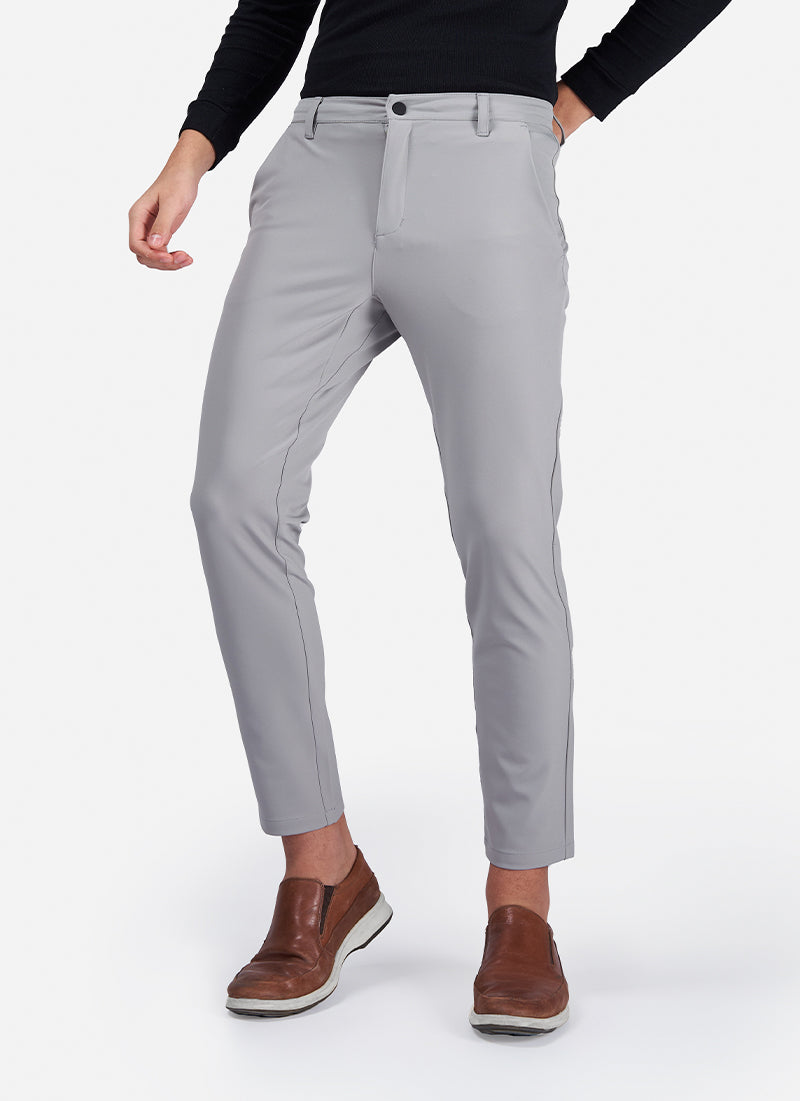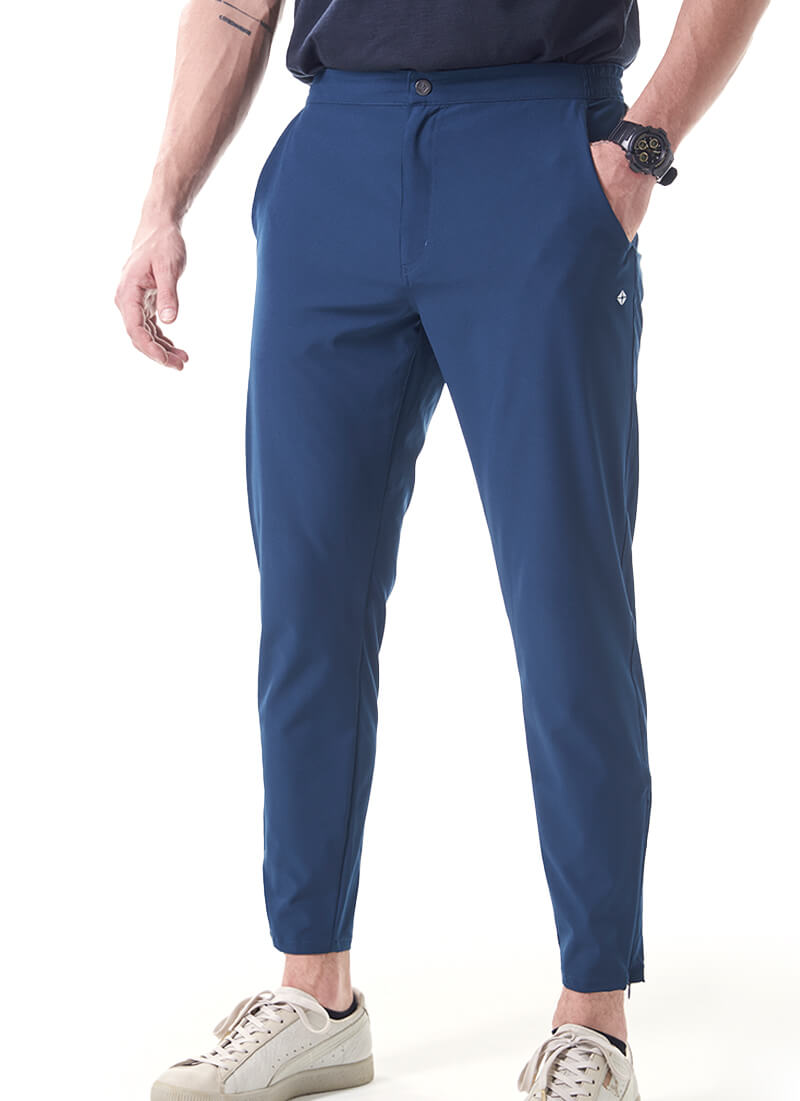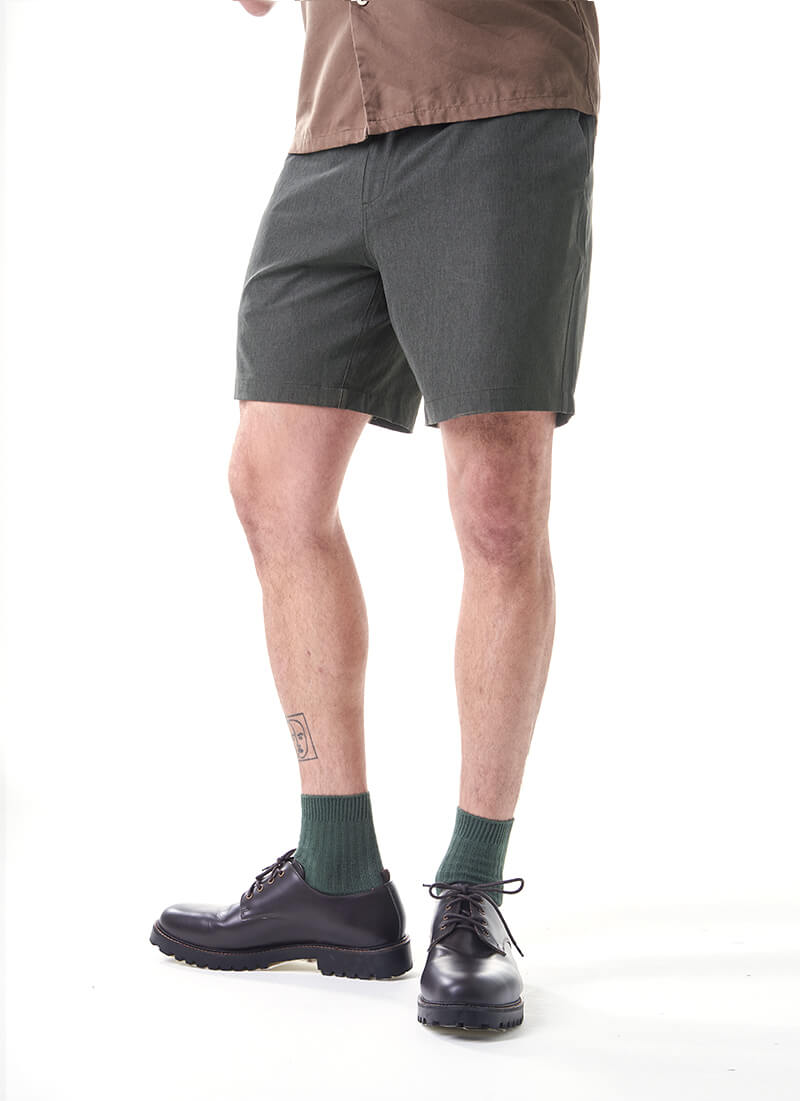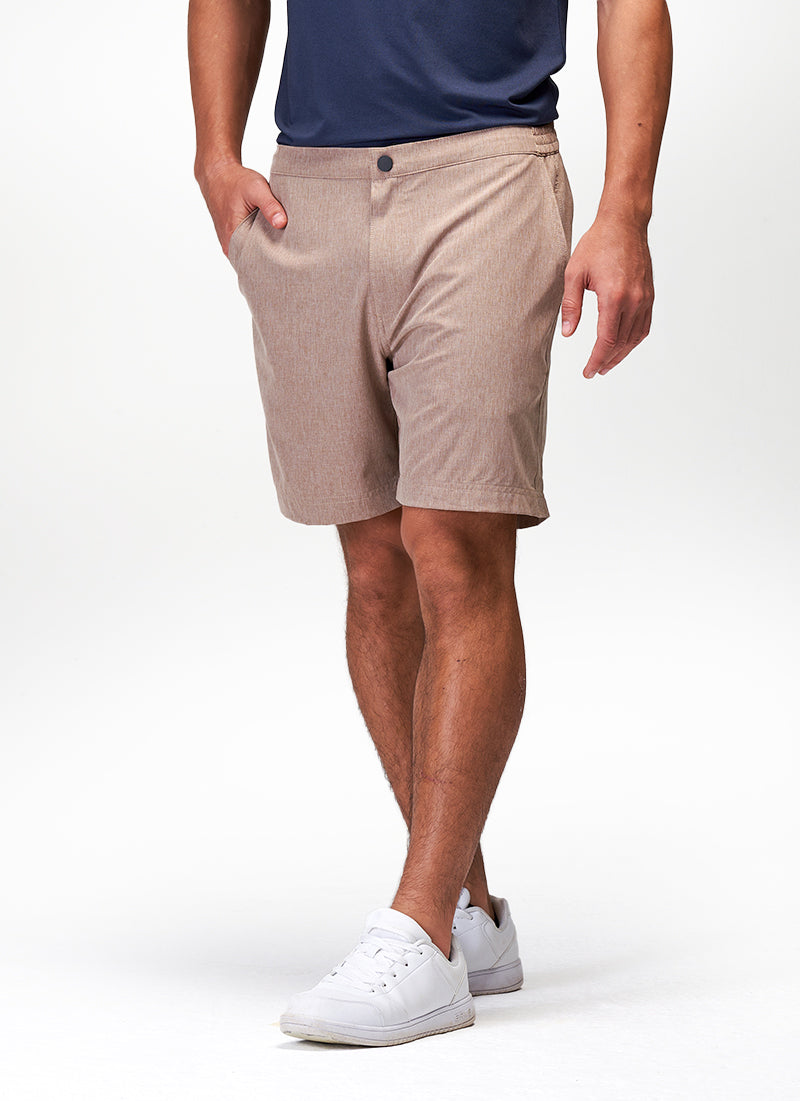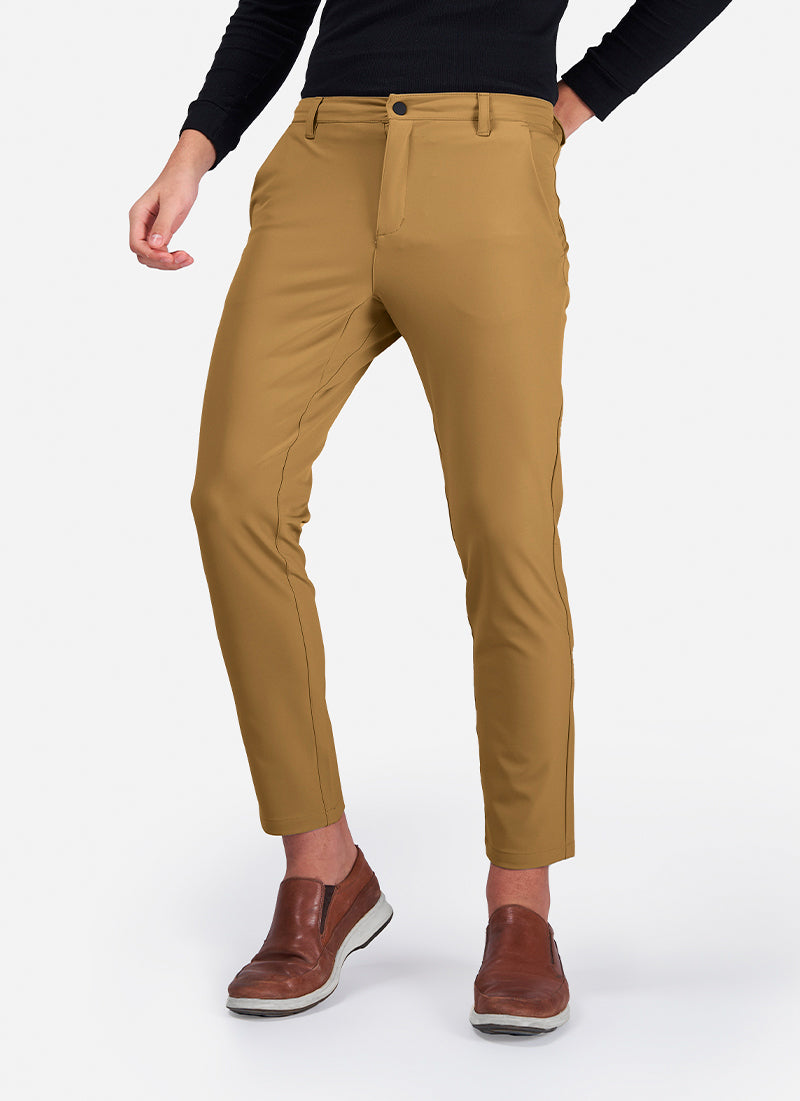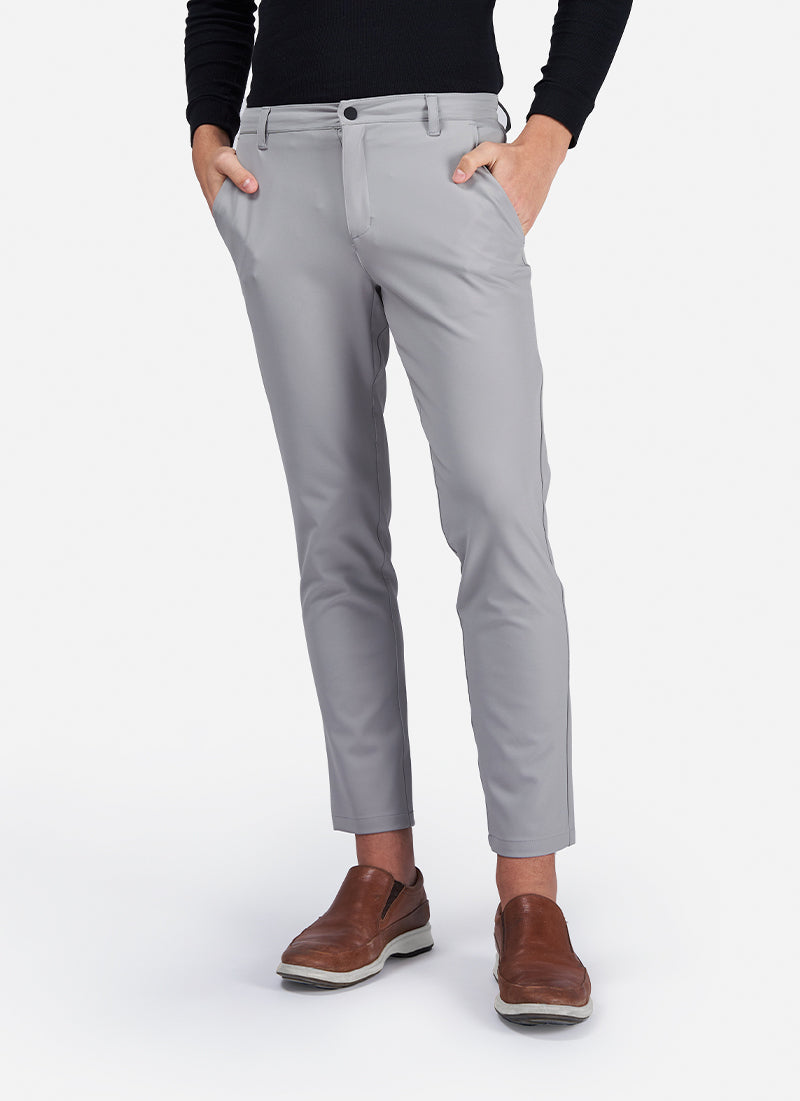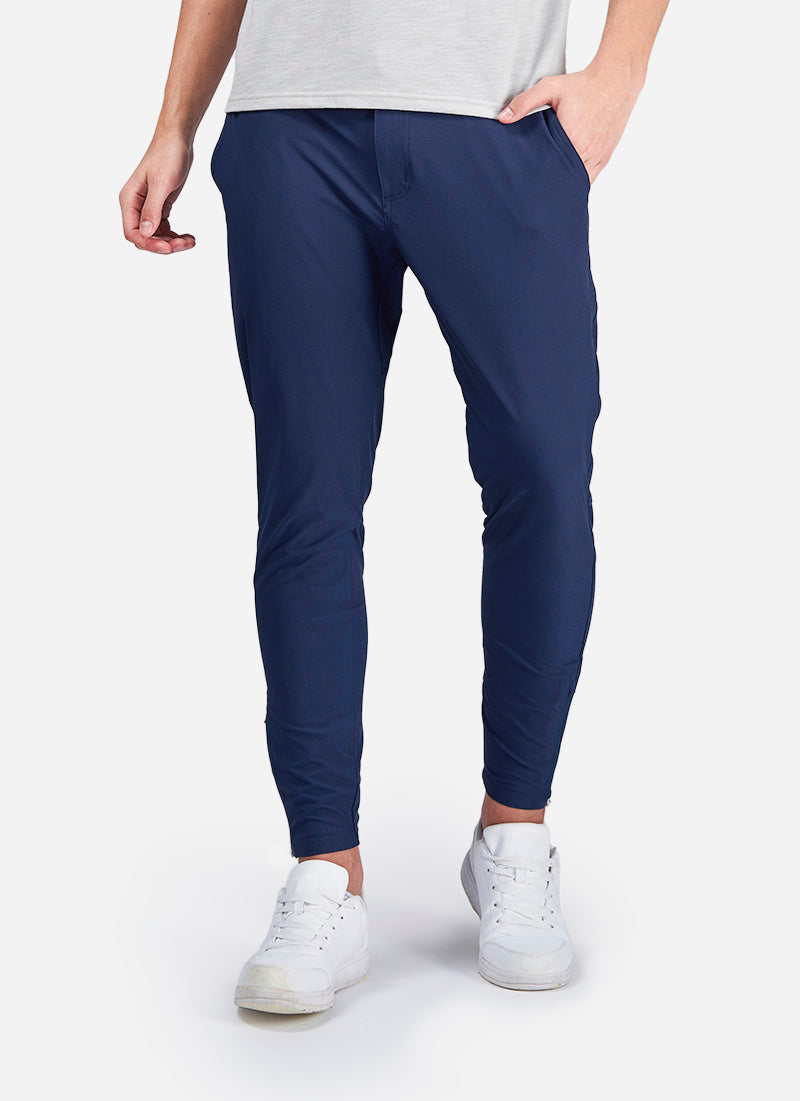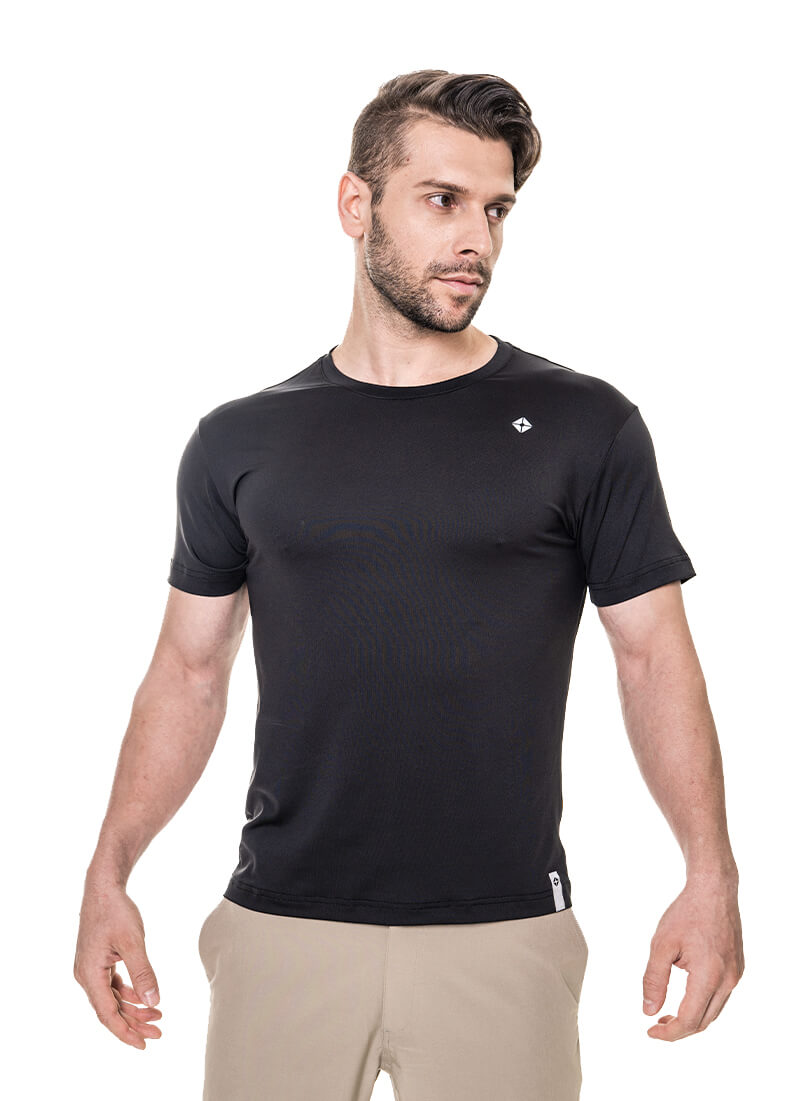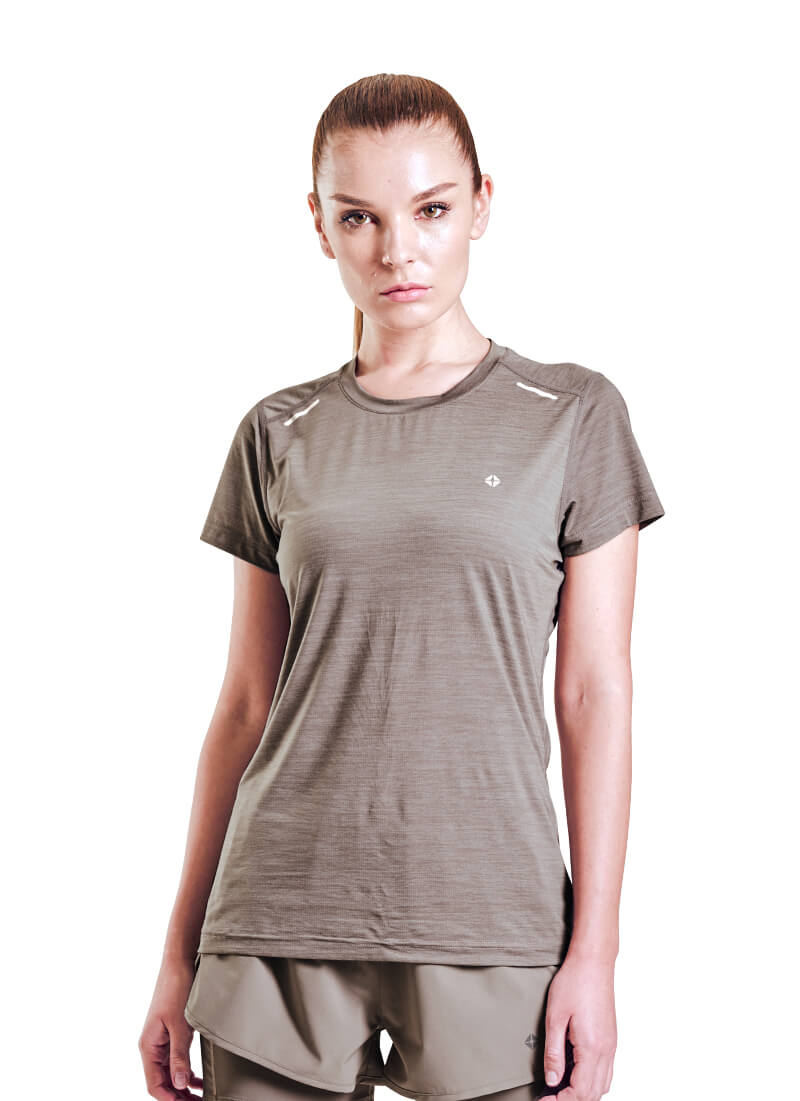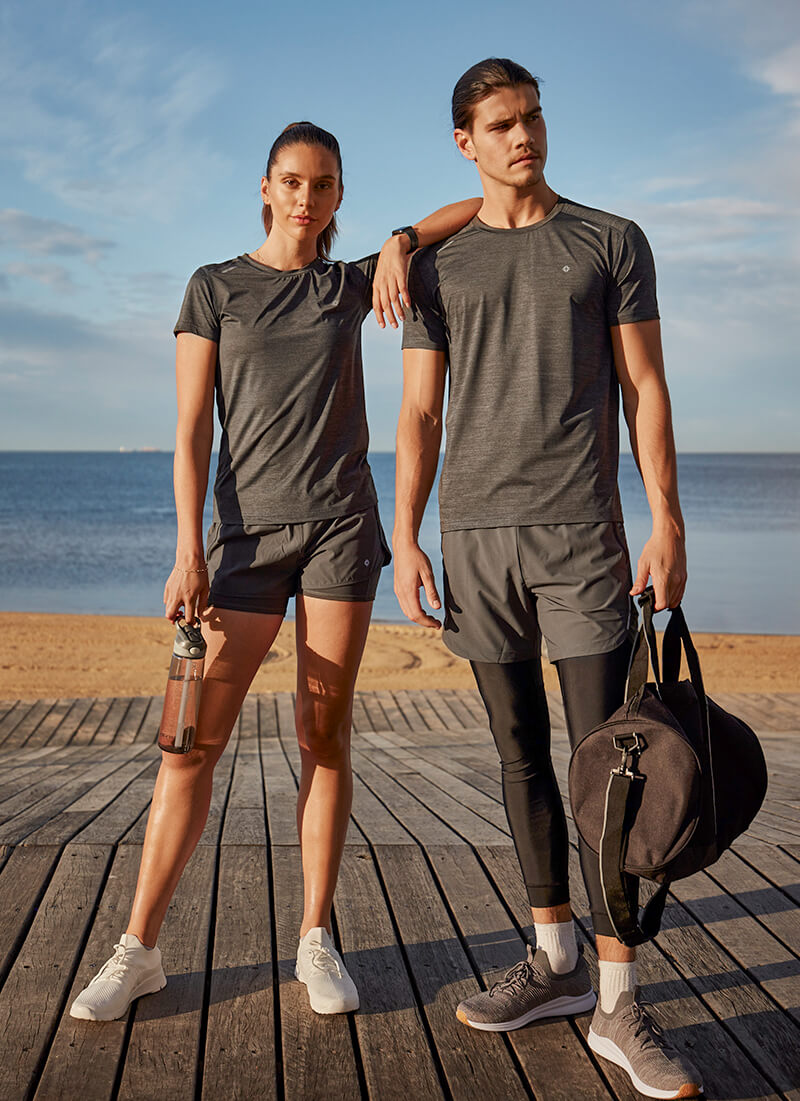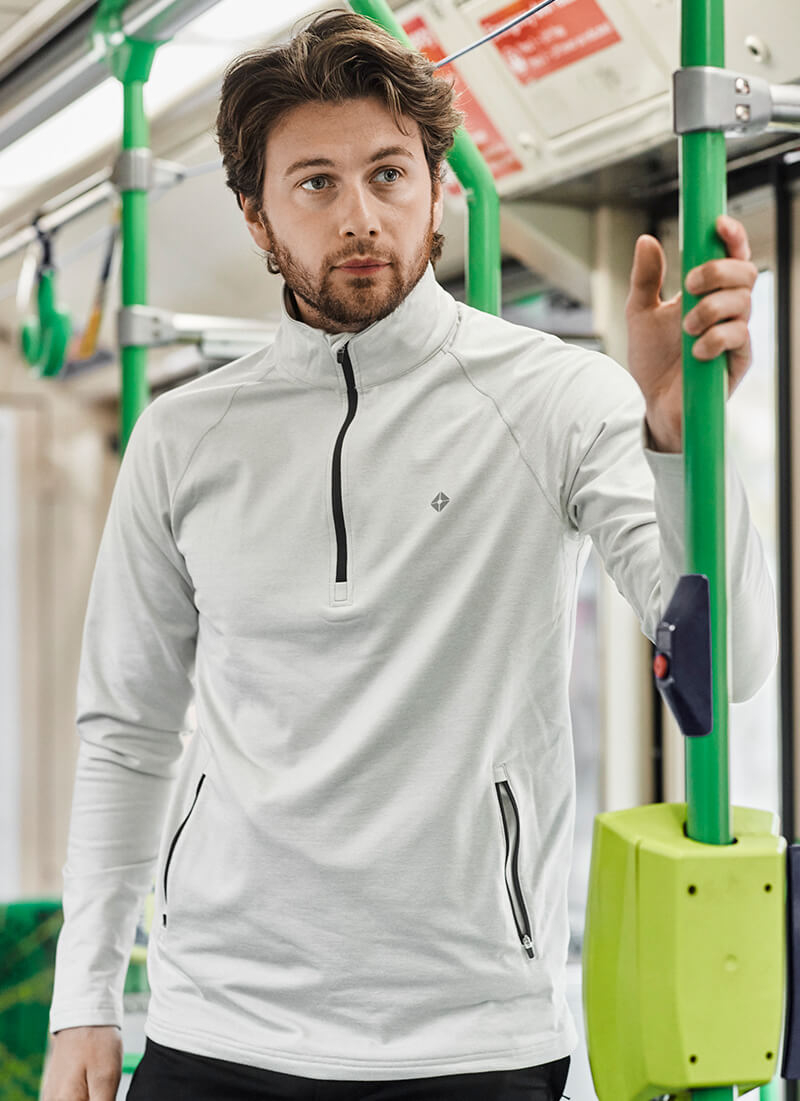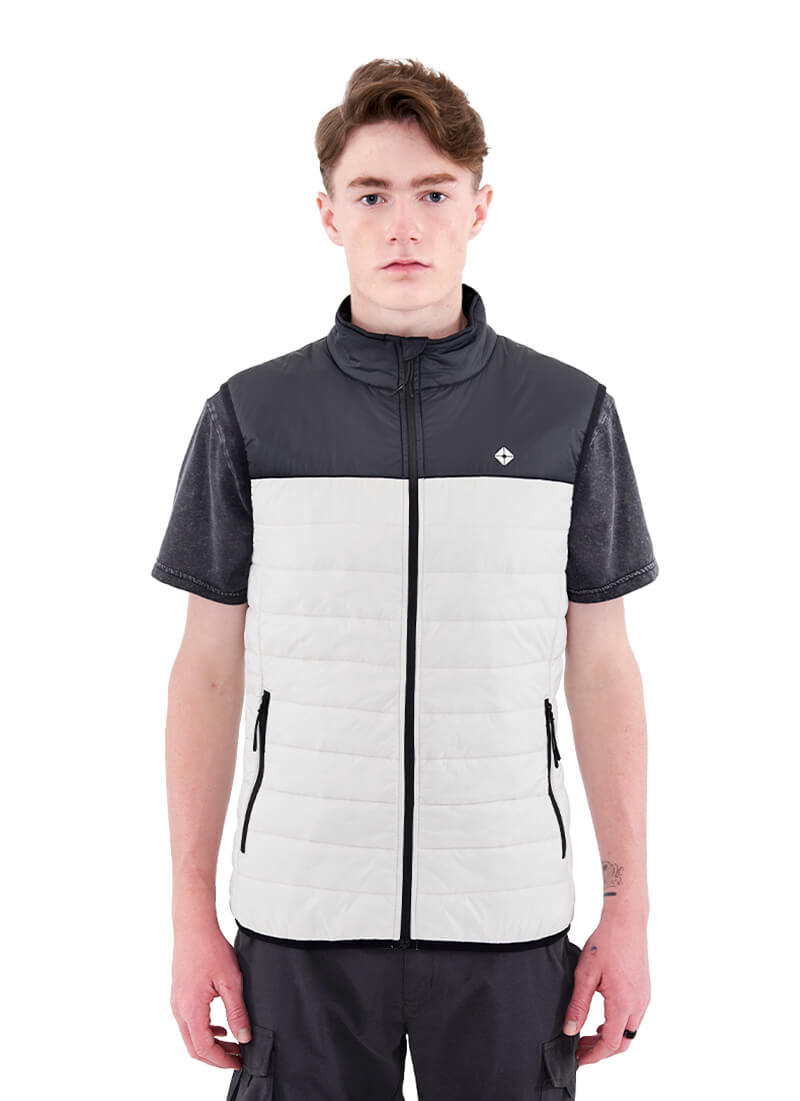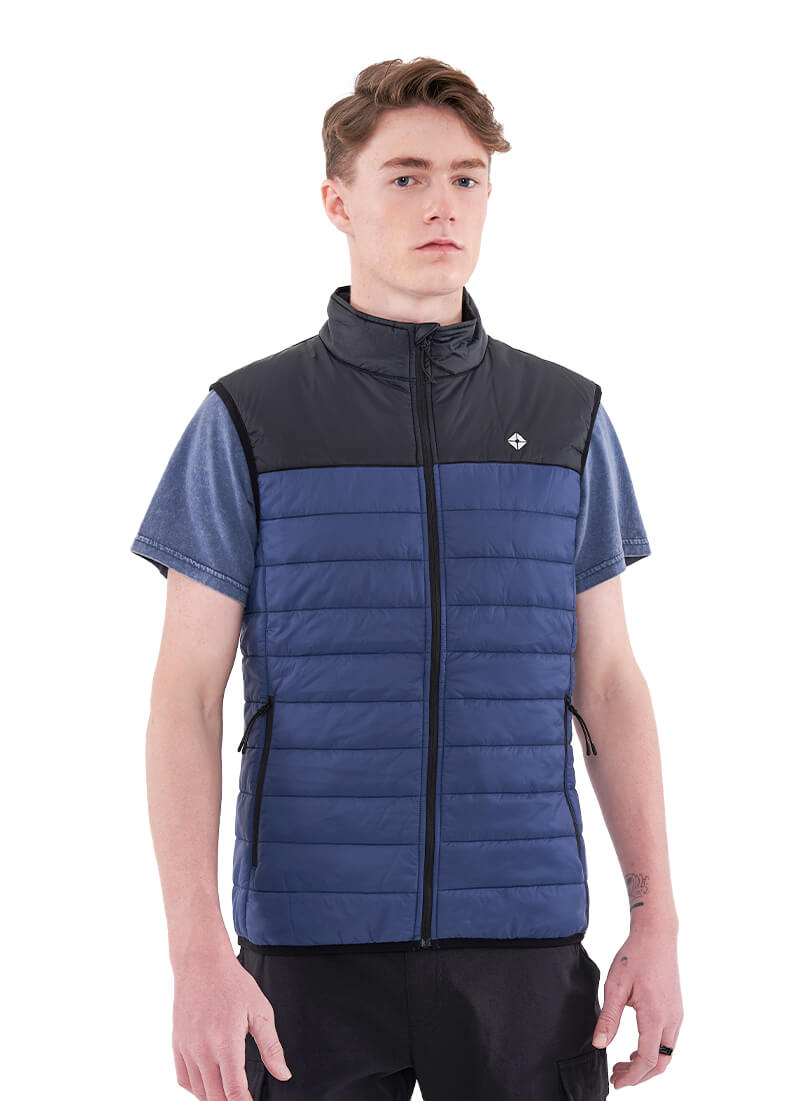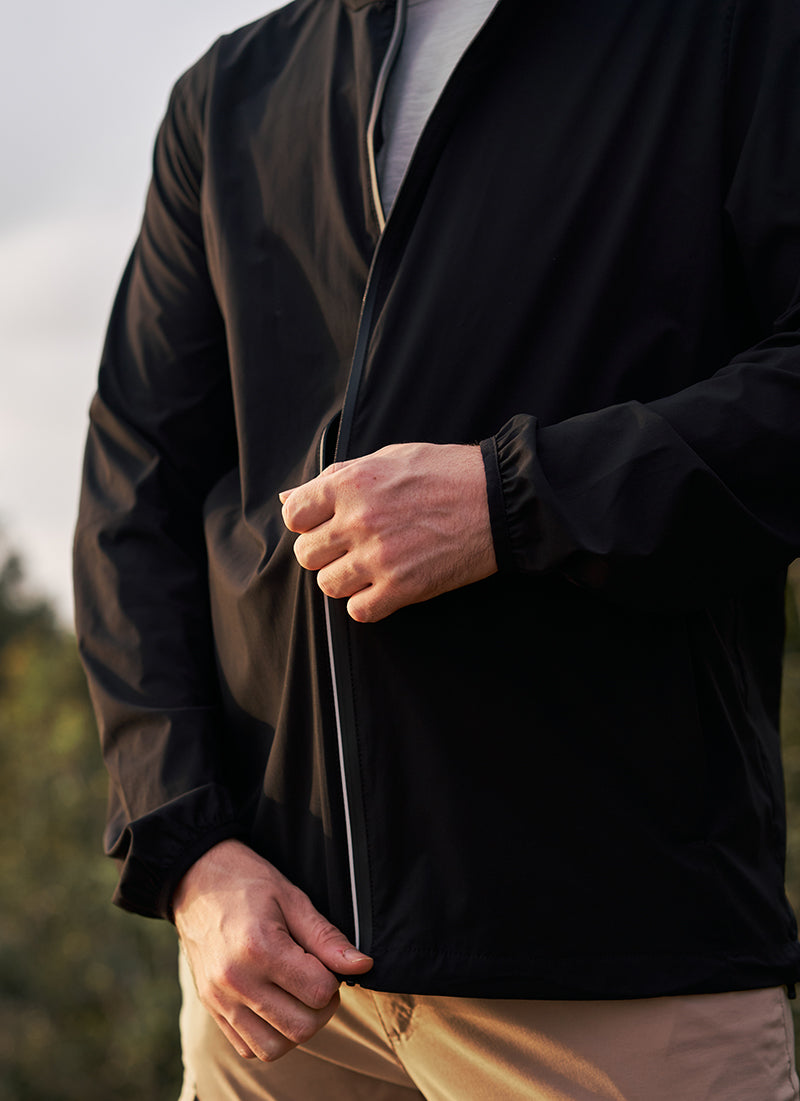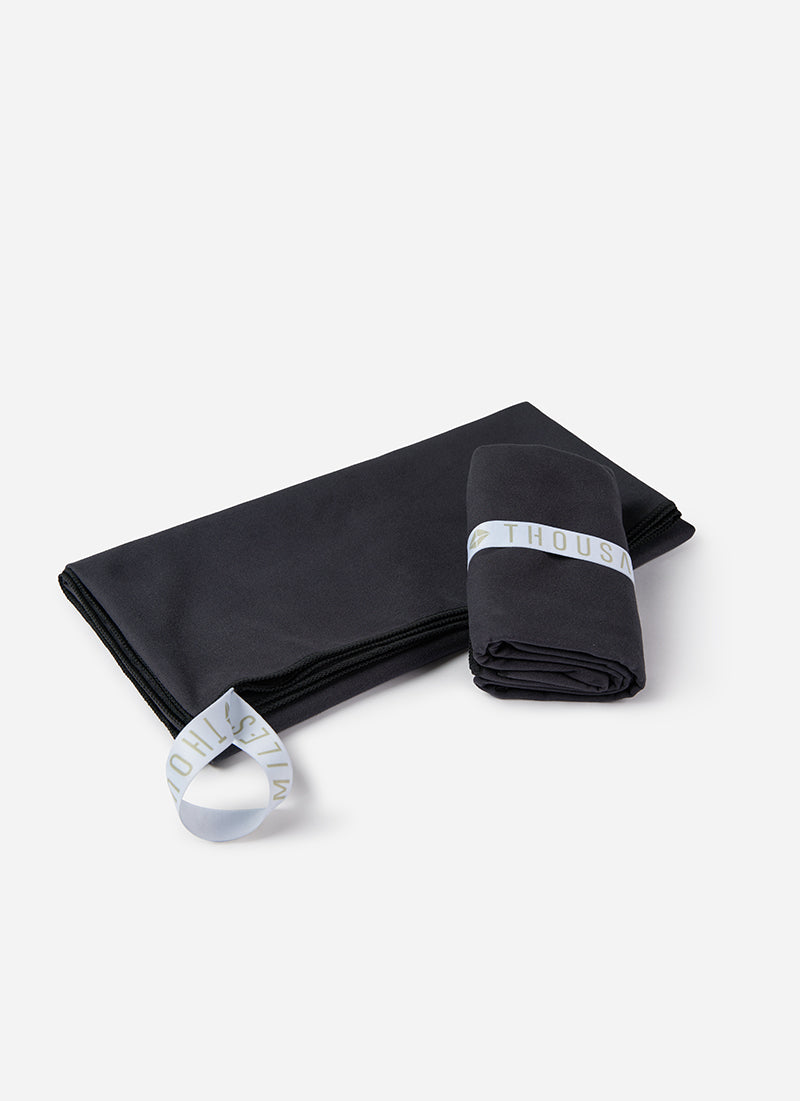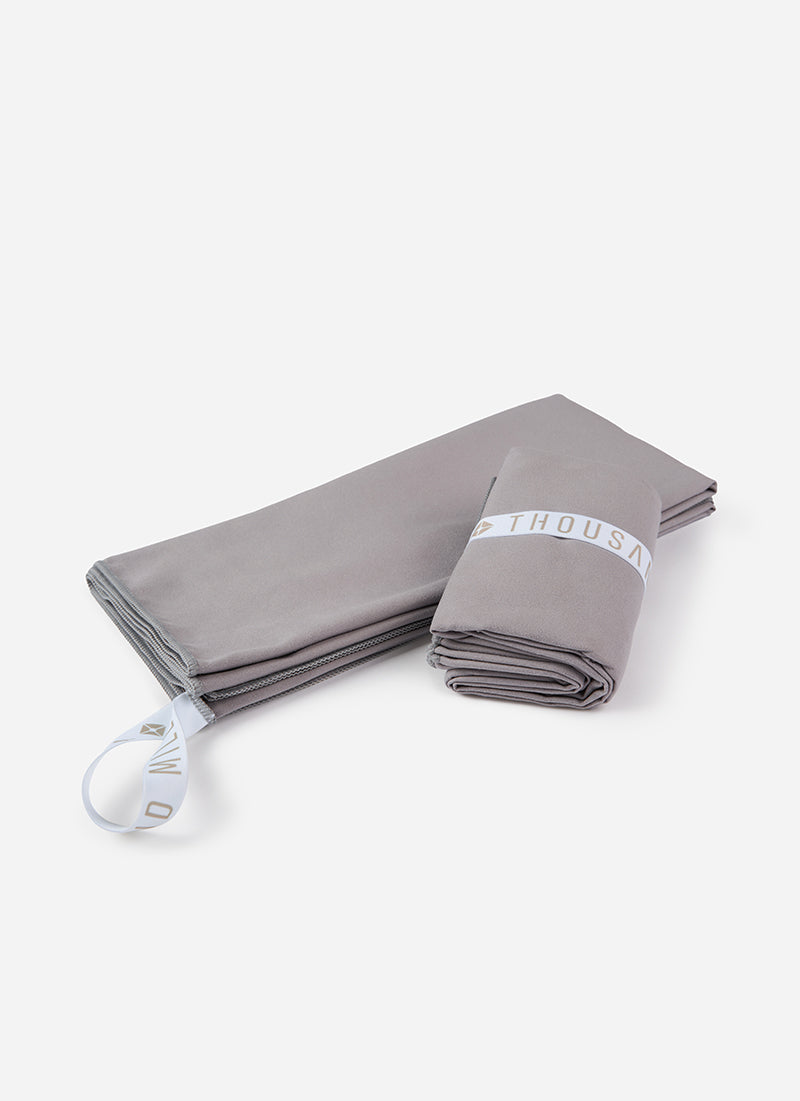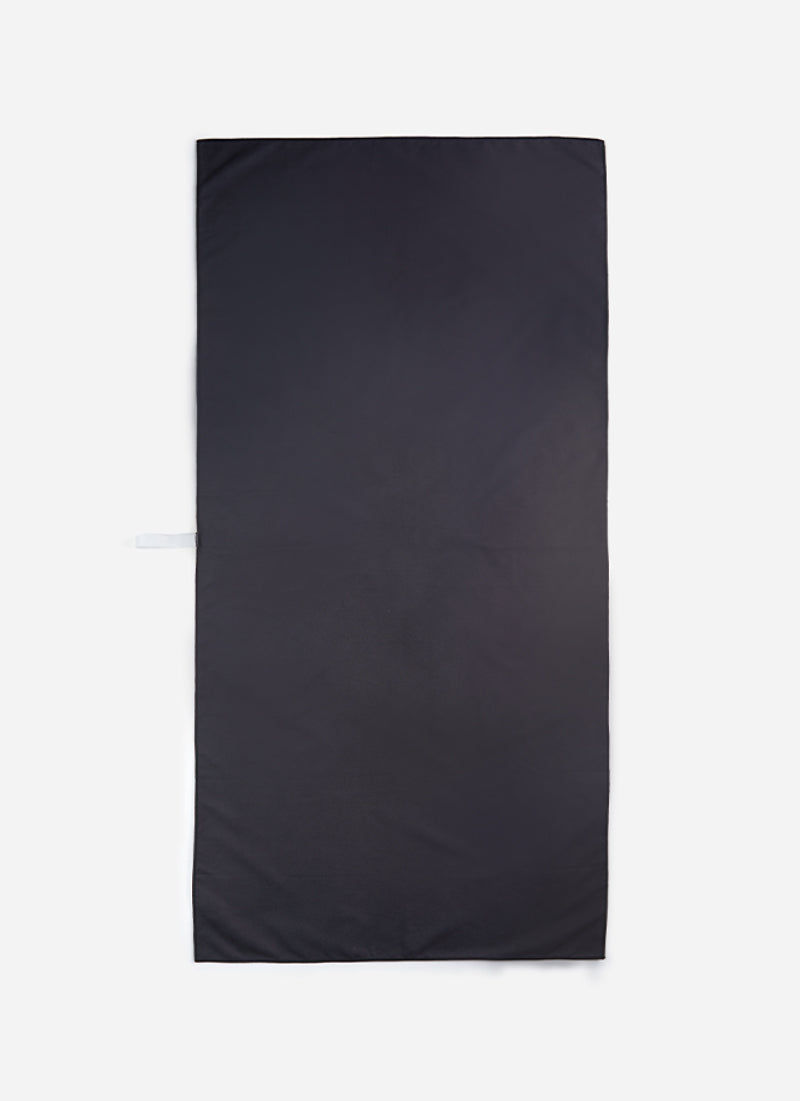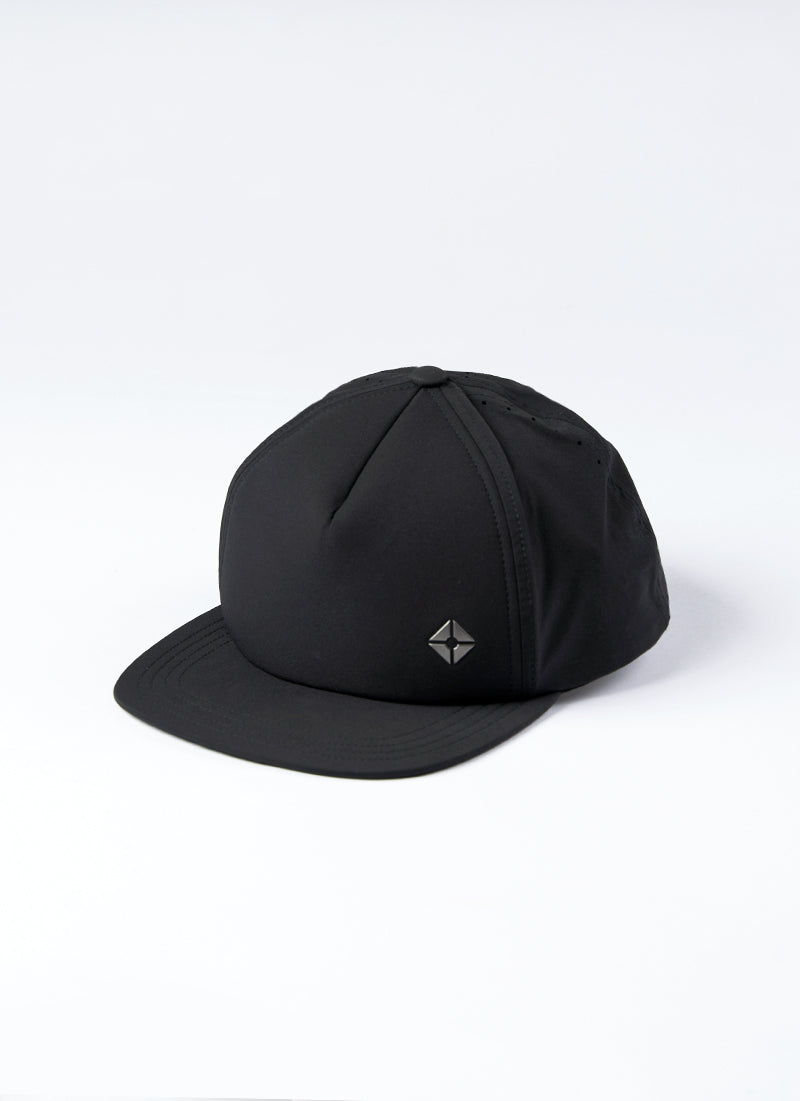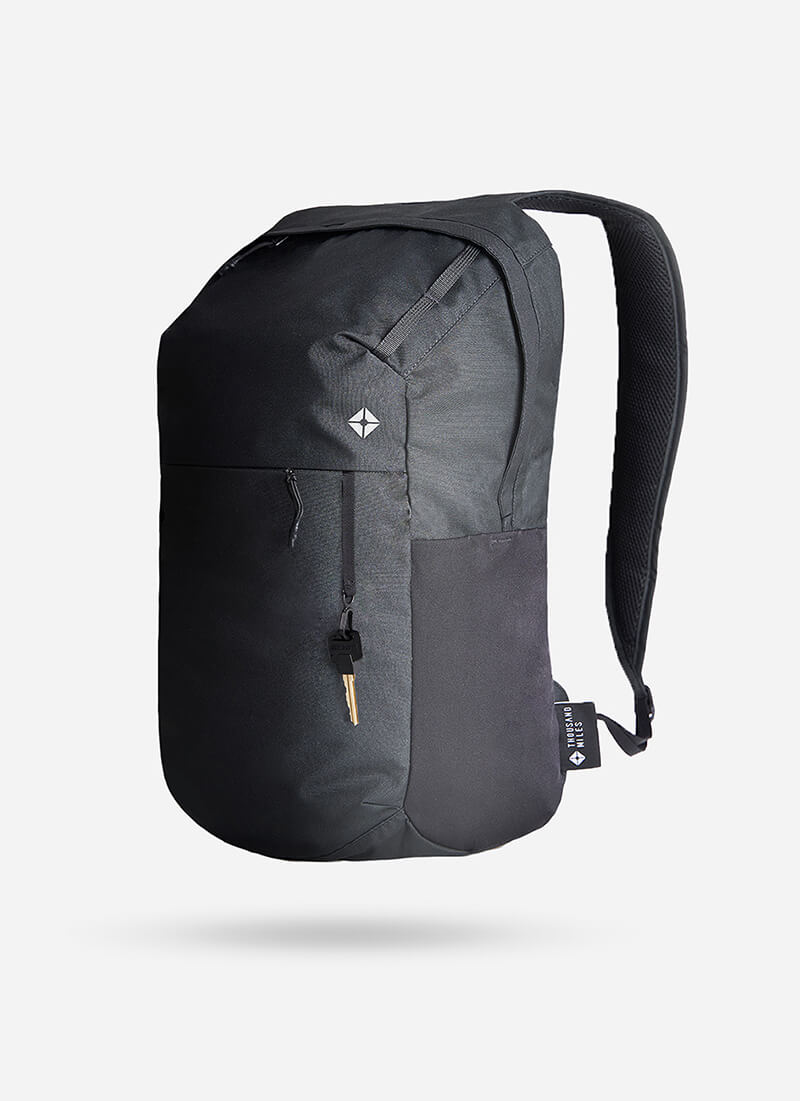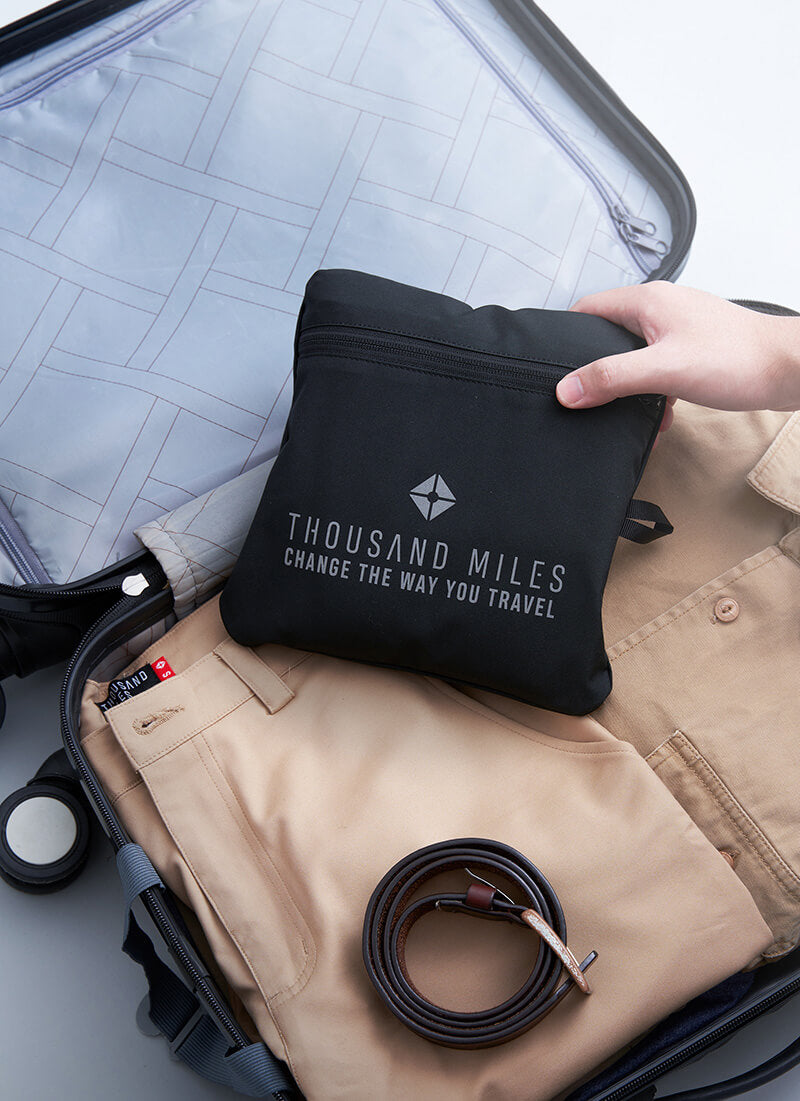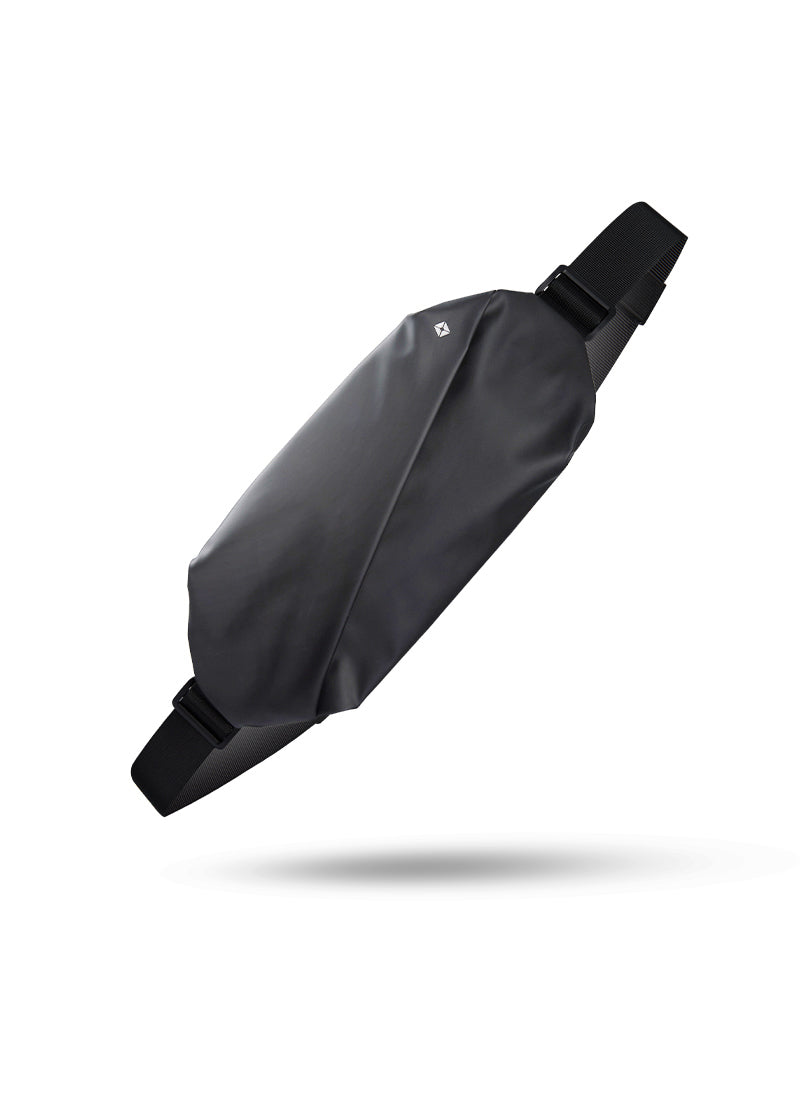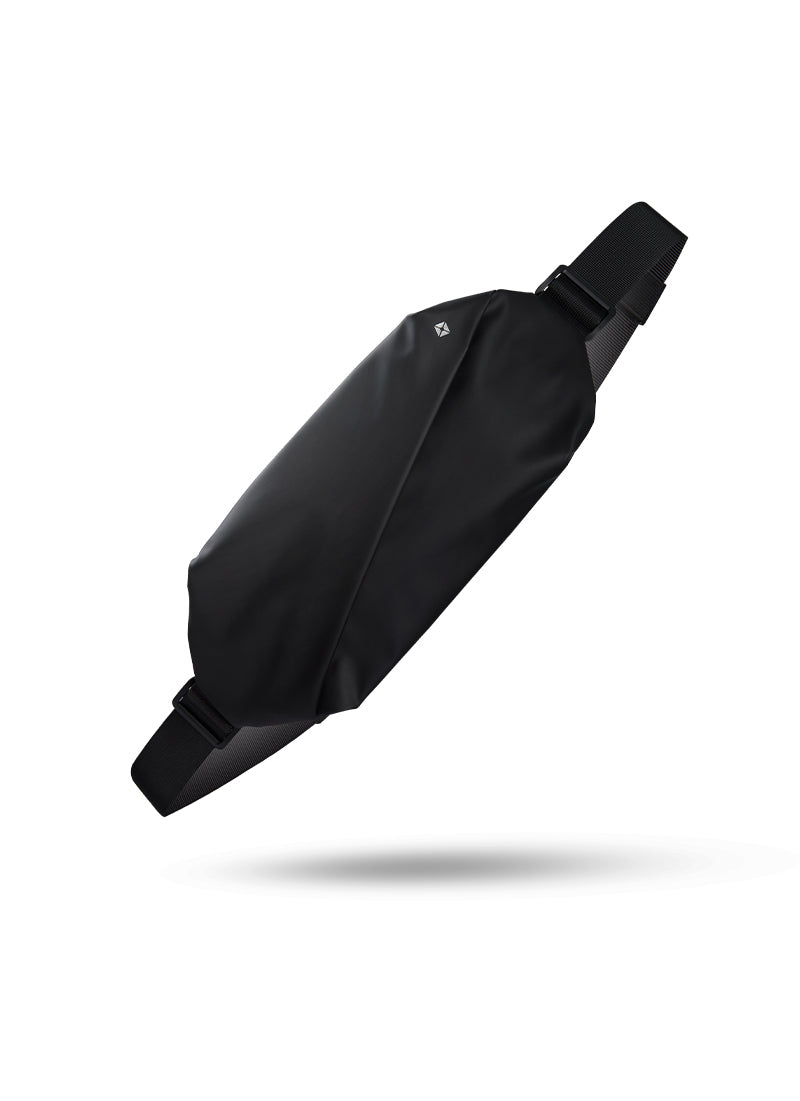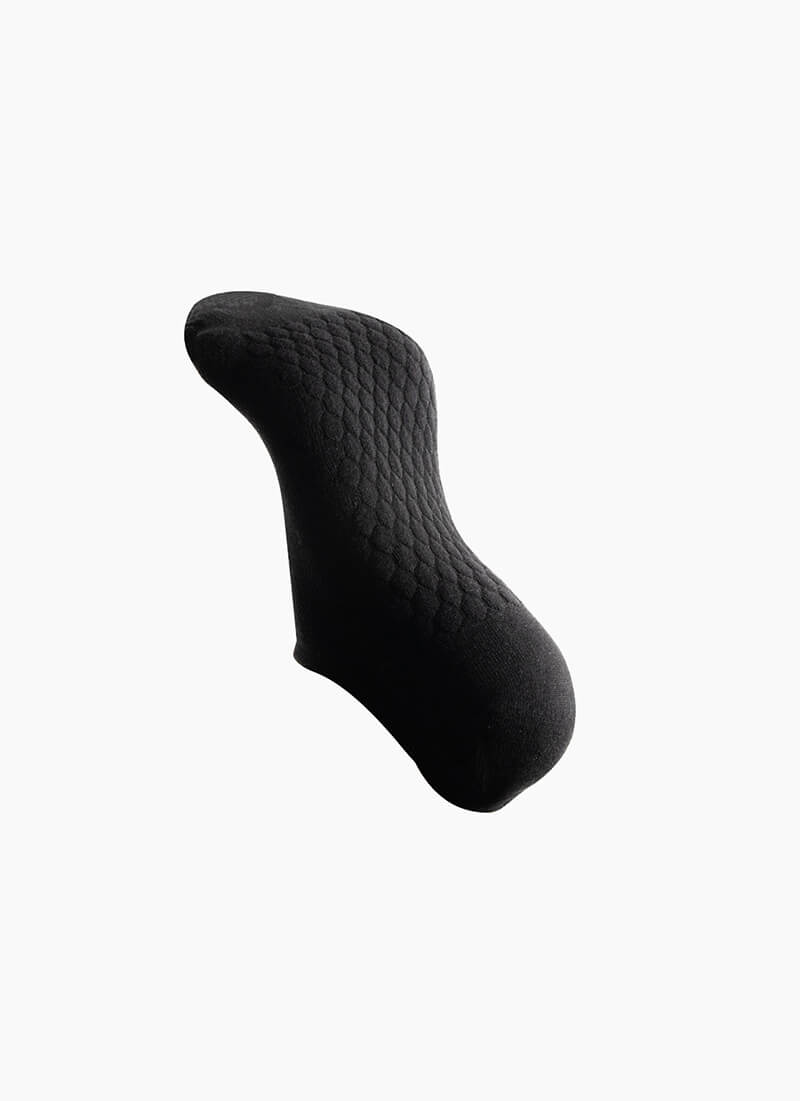This Is One Overseas Travel Checklist You’ll Want To Tick-Off For A Stress-Free Trip Abroad
Would you believe that I’ve actually forgotten to bring my passport with me, and only realised it as I tried to check my luggage in? I know, the absolute sheer horror.
I was 23 then, so I don’t even have the luxury of using the “I was young and dumb” excuse. I prided myself in having a terrific memory that wouldn’t fail me.
But after that experience which included a frantic call to my dear ol’ dad to rummage through my room for that little booklet we’re all too familiar with, running like a mad horse to catch the express train to the city centre to fetch it and back, then narrowly catching my flight…I’m no longer too proud to have a travel checklist ready and completed at least two weeks before my next trip.
So here’s my complete international travel checklist that I’ve been using without fail since that chaotic experience. It’s served me greatly for the past years and it still does - suffice to say, traveling abroad wouldn’t be stress-free and comfortable without this checklist.
Your Ultimate International Travel Checklist Of All The Essentials To Pack & Complete Before Jetting Off
1. Travel Destinations
I bet you thought I’d list your passport as the #1 item to check off! Think again. Knowing your travel destination is the very first step in planning any trip. After all, you’ll need to know where you’re going before you can pack the right things, book your accommodations, have activities planned ahead, get to know local laws, cultural norms, and prepare safety measures. Especially so when you're travelling to multiple countries!
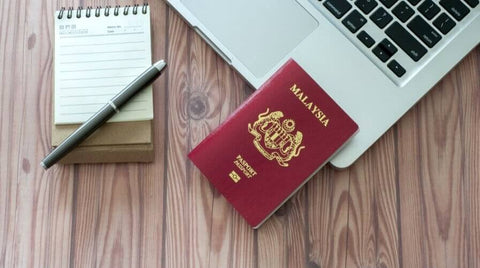
2. Valid Passport
A passport is one of the essential documents that serves as a form of personal identification when you travel abroad. You must have a valid passport. Many countries require that your passport is valid for at least six months before your trip abroad, but having it expire in exactly six months is cutting it way too close.
I’d recommend having at least a one year validity on your passport's expiry date to help you breeze through immigration checkpoints.
3. Travel Visa
Every country has different visa requirements, and whether you need one or not depends on your nationality. Travel visas are essentially important travel documents that tell you how long you can legally stay and what you can do, be it tourism, business, or study. This makes it important for you to check and if you need to, apply for the correct visa well ahead of your travel dates.
Pro Tip: Some countries like the USA and Canada are notorious for taking a long time before granting you a visa, so it’s best to sort your travel visa up to six months before going about any international travel plans.
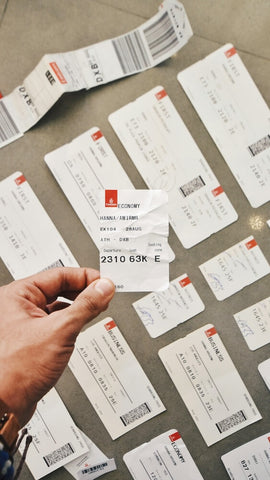
4. Flight Ticket
You can’t fly without a flight ticket - it's one of the most important travel documents in your travel checklist. Booking your flight way in advance can help you get the best prices and ensure you have the seats you want that also fit the schedule you’ve set.
I usually use multiple flight search engines like Google Flights, Skyscanner, and direct airline websites to get the best deals. Sometimes airlines offer better deals that are only available to those with a membership account with them so this is your cue to sign up without hesitation.
Pro Tip: Set your VPN to a lower income country and you might see a significant difference in pricing for international flights. And if you have to, consider taking that red-eye flight which is often cheaper. You’re welcome!
Pro Tip #2: Check-in online and print out a physical copy of your boarding pass ahead of time to potentially skip long check-in queues at the airport.
5. Travel Insurance
I think one of the scariest things is to not have travel insurance when you’re overseas. Your travel insurance will cover medical emergencies, trip cancellations, lost luggages, and other unexpected situations. It’s definitely something you should have to protect your peace of mind and wallet from a potentially big hit.
If you have existing insurance with an agent, just reach out to them to see if you can get the best travel insurance deal. If not, browse about online to find one that fits your needs. That said, some airlines do offer an insurance deal when you’re booking tickets so keep an eye out on those.
6. Vaccinations & Vaccination Certificate
Certain travel destinations recommend or require you to get vaccinations to protect against local diseases. Make sure to check in advance and get your vaccines weeks ahead to avoid any medical side effects that may impact your trip. And don’t forget to pack in your vaccination certificates!

7. Accommodation Bookings
You’ll want to book your accommodations ahead of time because some hospitality chains like Mariott Bonvoy and World of Hyatt offer greater discounts for advance bookings. Aside from discounts, booking in advance ensures that you get the hotel or Airbnb you actually want, which is crucial during peak travel seasons.
Pro Tip: Consider having a back-up accommodation in mind, just so you’re prepared for sudden cancellations on the hotel or Airbnb owner’s end.
8. Travel-Specific Debit Cards
Travel cards like the one offered by WISE and Revolut is a convenient way to access your money abroad without paying hefty fees. They typically offer lower rates on foreign transactions and currency exchange rates compared to traditional bank cards, and allow you to withdraw with lower fees from the local ATMs.
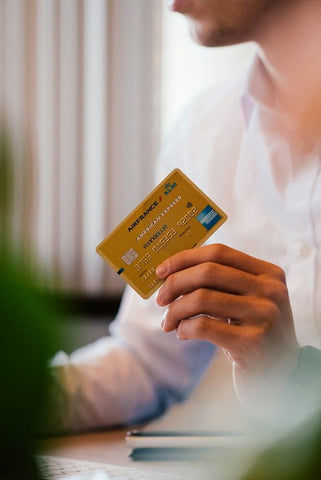
9. Valid Credit Cards
Not only do certain credit cards help you accumulate points and miles you can use to save money on future trips, but they also serve as one of the more secure payment options abroad thanks to its innate fraud protection and dispute service. Some credit cards come ready with travel insurance too, saving you one step in your essential travel process.
To keep things simple, always stick to Visa, Mastercard, UnionPay, or American Express credit cards to have that peace of mind that it will be accepted at your travel destination.

10. Foreign Cash
While several payment options like card and e-wallet payments are widely accepted in many parts of the world, having local currency in cash on hand is essential for small purchases, tips, or places that don’t accept cards like local night markets and vending machines.
I'd recommend keeping enough cash for at least half of your trip's worth of daily meals to start with. That way, you'll have enough to cover any unexpected cash-only expenses.
11. International SIM Card or Pocket Wi-Fi
Getting yourself a local SIM card or pocket Wi-Fi device before you travel or as soon as you arrive at your destination is invaluable. This ensures that you get continued access to calls, messages, and navigation services like Google Maps or Waze on your phone overseas without incurring exorbitant roaming charges.
Pro Tip: Where possible, try to buy your SIM card from the city centre as they’re often much cheaper than those sold in the airport! Alternatively you can opt for an eSIM if your phone has the setup for it - it’s an inexpensive and far more convenient option.
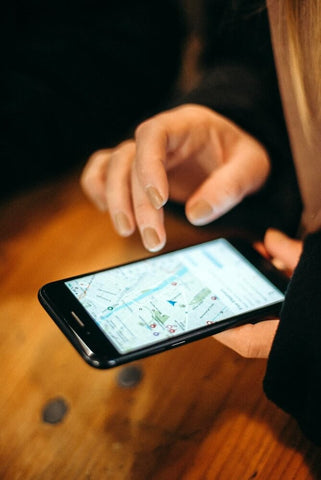
12. Downloaded Offline Maps on Your Smartphone
Downloading offline maps from Apple Maps, Google Maps, or the country’s specific equivalent ensures that you can still navigate seamlessly in new territories even without internet access.
Pro Tip: It's always a good idea to do a quick search online on country’s commonly used navigation app before visiting said country. For instance, did you know that South Korea uses NAVER Maps and KakaoMap instead of Google Maps?
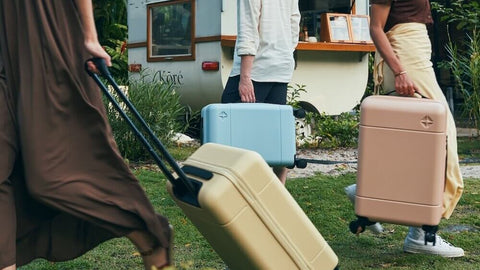
13. Lightweight Luggage
Check-in luggage fees can come up as a significant travel cost. Keep travel costs low by opting for lightweight ones like Thousand Miles’ Voyage luggage collection, which also saves you from the struggles of lugging a heavyweight around.
You’ll also want a lightweight carry-on for easy access to your most important and valuable items as you move from place-to-place during airport transits.
14. Luggage Locks
Most luggages come with built-in TSA approved locks but some tend to appear flimsy, so this is where luggage locks come in handy to add an extra layer of security to your belongings.

15. Daypack
A daypack is a small, convenient backpack that you can carry around during your daily travel explorations. It easily holds a small water bottle, some snacks, your phone, and passport to keep your hands free and items secured while exploring. If you’d like a smaller one, you can always opt for a crossbody bag which serves as a more sleek and stylish alternative.
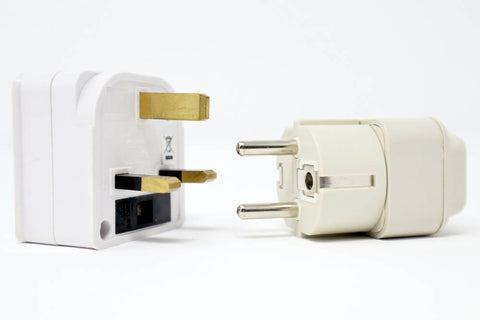
16. Universal Travel Adapter
Different countries utilise different plug shapes and electricity voltages. A universal travel adapter is perhaps the travellers’ #1 best friend that will keep essential devices safely charged regardless of the electrical outlet type in the destination country.
17. Smartphone
This goes without saying, your smartphone is indispensable when it comes to travelling thanks to its many functions; photography, navigation, travel research, and entertainment over long transits.
18. Phone Charger
We may have easy access to cheaper OEM chargers in Malaysia, but the same cannot be said for other countries. Ensure you pack your phone charger to avoid paying a hefty sum for a charger during your trip abroad!
19. Written List Of Emergency Contact Numbers
Having a list of emergency contacts, including those for the destination country’s local emergency services, your country’s embassy or consulate, and personal contacts back home is essential for you to quickly get the help or information you need when it comes to dealing with unforeseen situations.
Don't forget to include the international helpline for your bank provider - sometimes they block credit cards due to unusual use based on their records, and you wouldn't want to be stuck with an unusable credit card!
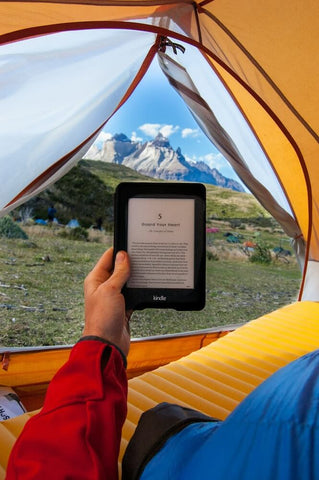
20. Book or Tablet
Pack a lightweight book you can indulge in during flights, waits, or quiet evenings in. I particularly prefer packing an e-reader like my Kindle or a tablet like the iPad because it’s more convenient to carry multiple books without the bulk and added weight.
21. Black Pen or Blue Pen
A pen is perhaps one of the most overlooked travel essentials. It’s incredibly useful for filling out customs forms, immigration forms on flights, jotting down notes, filling out tax returns at the airport, or note-taking during emergencies where your smartphone or tablet is out of commission.
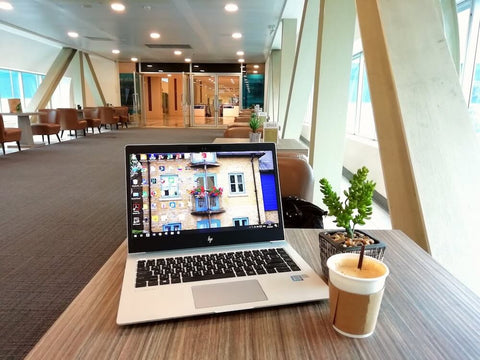
22. Laptop
Content creators, digital nomads, those travelling for business, or travellers who generally prefer to stay connected should not forget to pack their laptop.
23. Laptop Charger
If you’re bringing your laptop, then a laptop charger is definitely something to pack in as well!
24. Noise-Cancelling Headphones
Headphones or earphones, especially those that offer noise-cancellation, are now a modern must-have and lifesaver especially in noisy environments. You can enjoy music, podcasts, or movies without disturbing others.
25. Earplugs
If there’s one thing we can’t always control, it’s external noise. Earplugs are invaluable to ensure a good night’s sleep even with loud neighbours, hammering constructions, and busy streets surrounding you. But because they're tiny, don't forget to add them into your packing list early!
26. Reusable Water Bottle
One often overlooked travel cost is water. Travellers often get caught paying for water, which start off as small sums that add up. A reusable water bottle is not only eco-friendly, but also economical especially in countries with clean, drinkable tap water.
Pro Tip: Use a double-walled stainless steel water bottle to keep hot drinks hot and cold drinks icy cool for hours. It’s especially handy when you’re travelling to tropical climates and wintry countries!
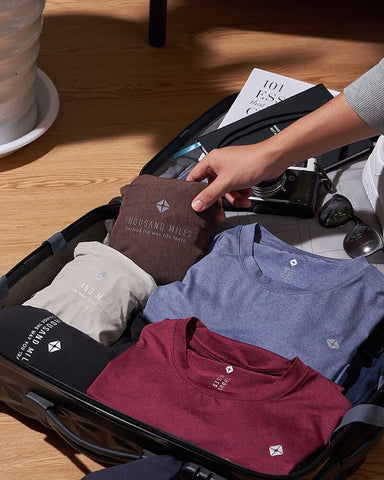
27. Weather-Appropriate, Comfortable Clothing
Comfort is key when travelling, especially when you have long days exploring planned. Make sure you check the weather forecast and research the season of your travel destination so you can pack the right comfy clothes for the climate! You wouldn't want to be caught in a knit sweater while walking through the sweltering tropics...or would you?
Pro Tip: Pack weather-suitable lightweight clothing that folds and dries easily for less hassle with laundry.
28. Comfortable Walking Shoes
Since you’ll definitely be spending hours on your feet, packing comfortable walking shoes is a must. That way you’ll have an easier time exploring the town or city, nature trails, and historical sites without possibilities of bunions and blisters.
Something to keep in mind; don’t try to break into new shoes that were purchased just a few weeks or days before your trip. It often turns out pretty badly.
29. One or Two Dressy Outfits
Having one or two dressy outfits along with a few more things like an accessory or two packed in your luggage ensures you’re well prepared for the unexpected formal event, fancy dinner date, or cultural experiences that call for a more polished look. This opens up doors for you to participate in more activities without ever feeling underdressed.
30. Portable Raincoat
A portable raincoat is essential for you to stay dry and comfortable in unpredictable weather, especially with the state of our global climate today. Pack one that is lightweight and easily foldable into a small pouch so that it is always within grasp without taking up much luggage space.
31. Travel-Sized Toiletries
You’ll want to pack travel-sized toiletries that you can carry-on to stay refreshed and groomed during flights and transits. A basic rule of thumb is to ensure the toiletry bottles are no more than 100ml and are all stored within a resealable, clear plastic bag.
This includes your toothpaste, shampoo, conditioner, deodorant, fragrances, skincare, sunblock (SPF), and body wash - all so you have your essentials on hand without having to scramble and purchase new ones on arrival.
32. Essential Medications
Always, ALWAYS have a small pack of basic over-the-counter medications like paracetamol, antihistamines, motion sickness medicine, flu pills, anti-diarrheal medication, and other medications you may need on hand when you travel.
The last thing you want is to be down with an unexpected illness or food poisoning without access to the local pharmacy in a foreign country with a foreign language you're not familiar with.
33. Pre-Book Popular Restaurants & Attractions
Pre-booking popular local restaurants and attractions that you’d like to visit and experience can save you from the disappointment of missing out, especially during peak-seasons. It also helps with budgeting for your trip and effective itinerary planning for a way smoother and enjoyable trip abroad.



